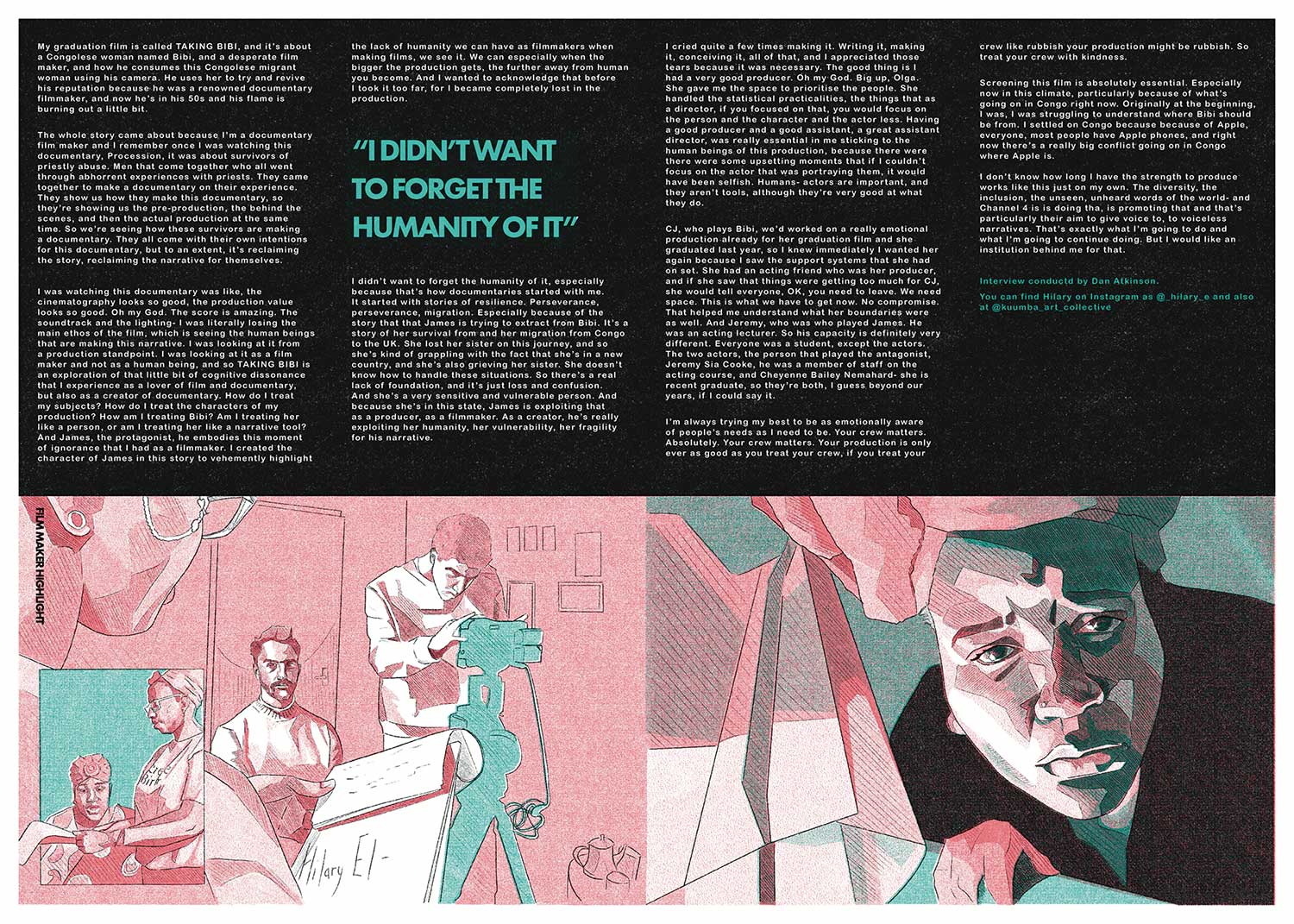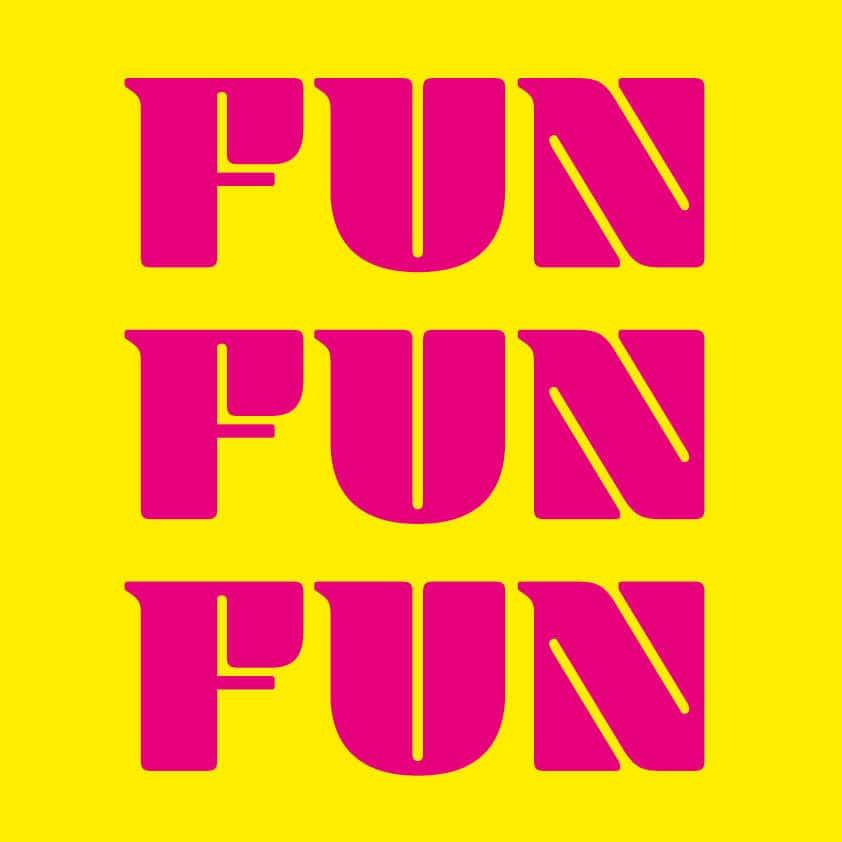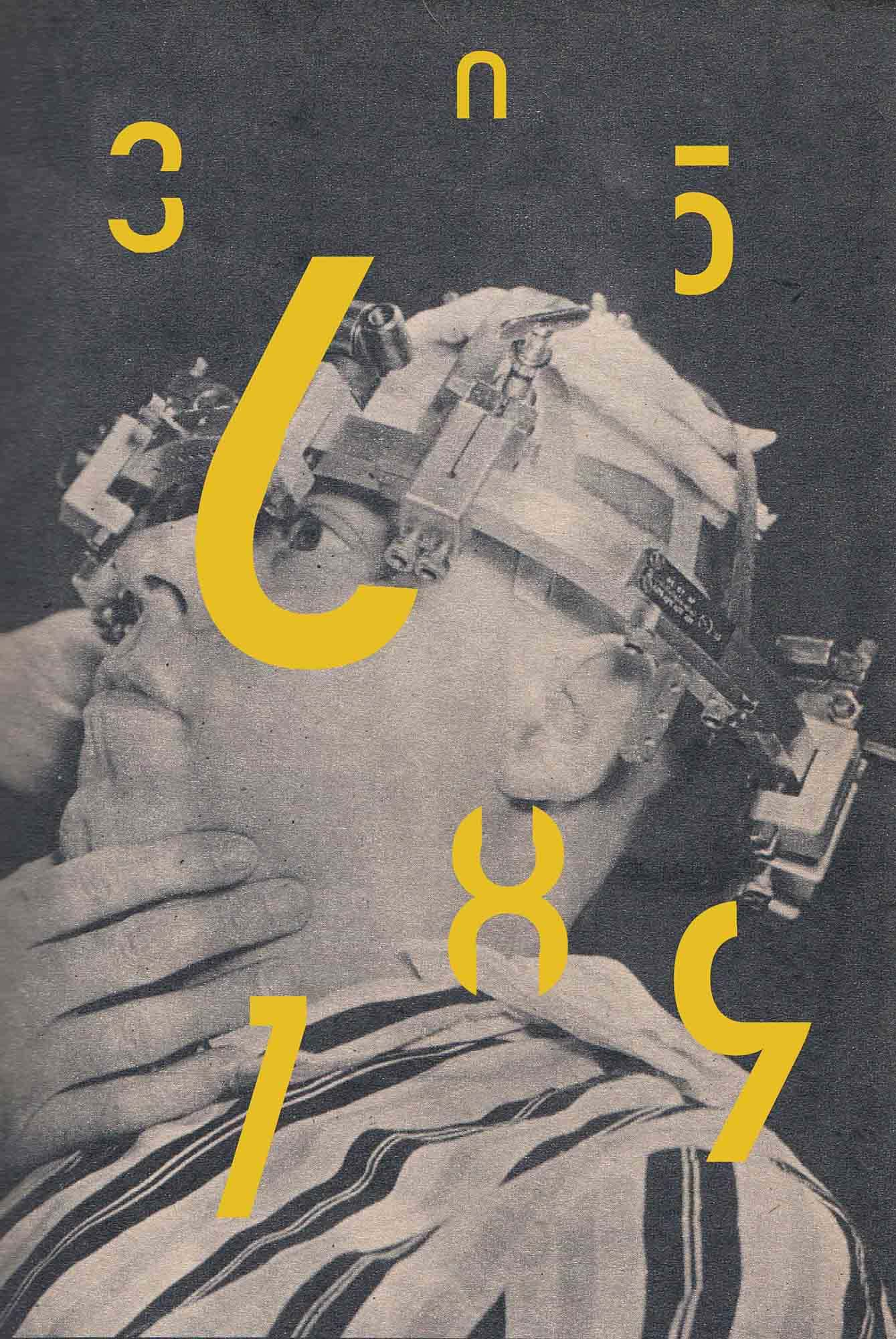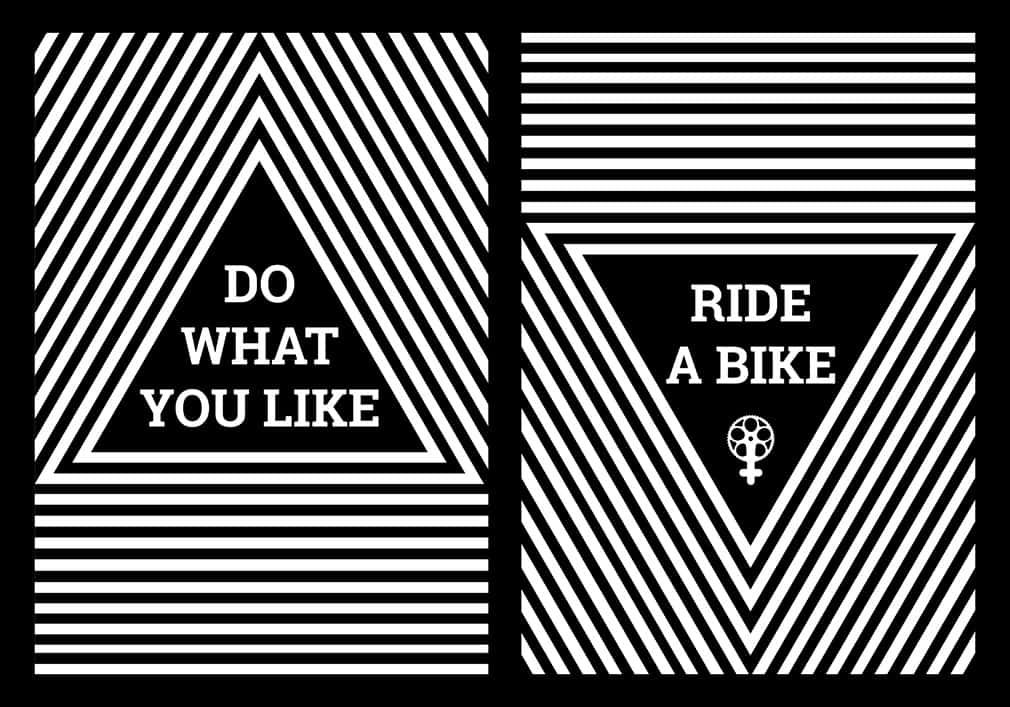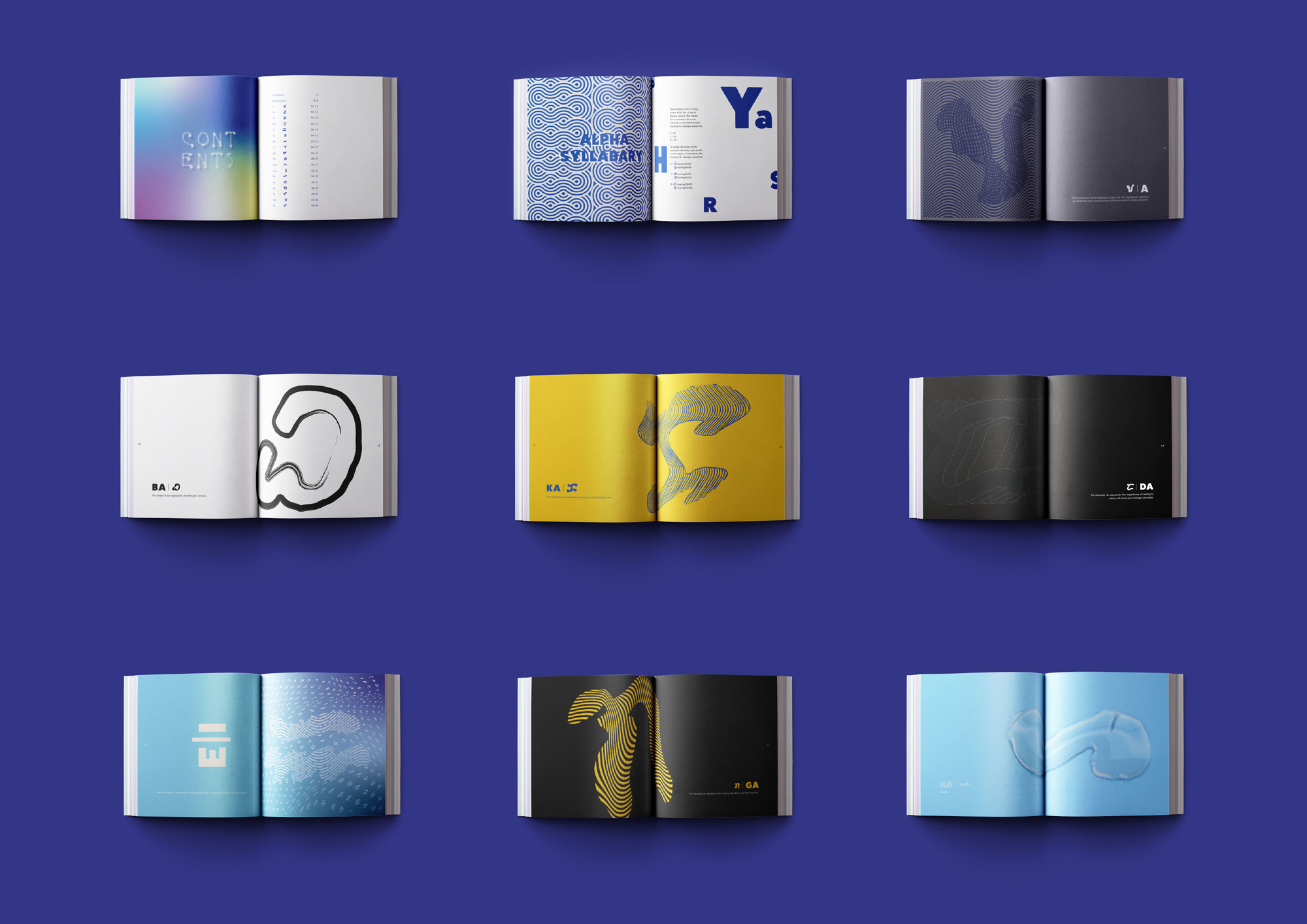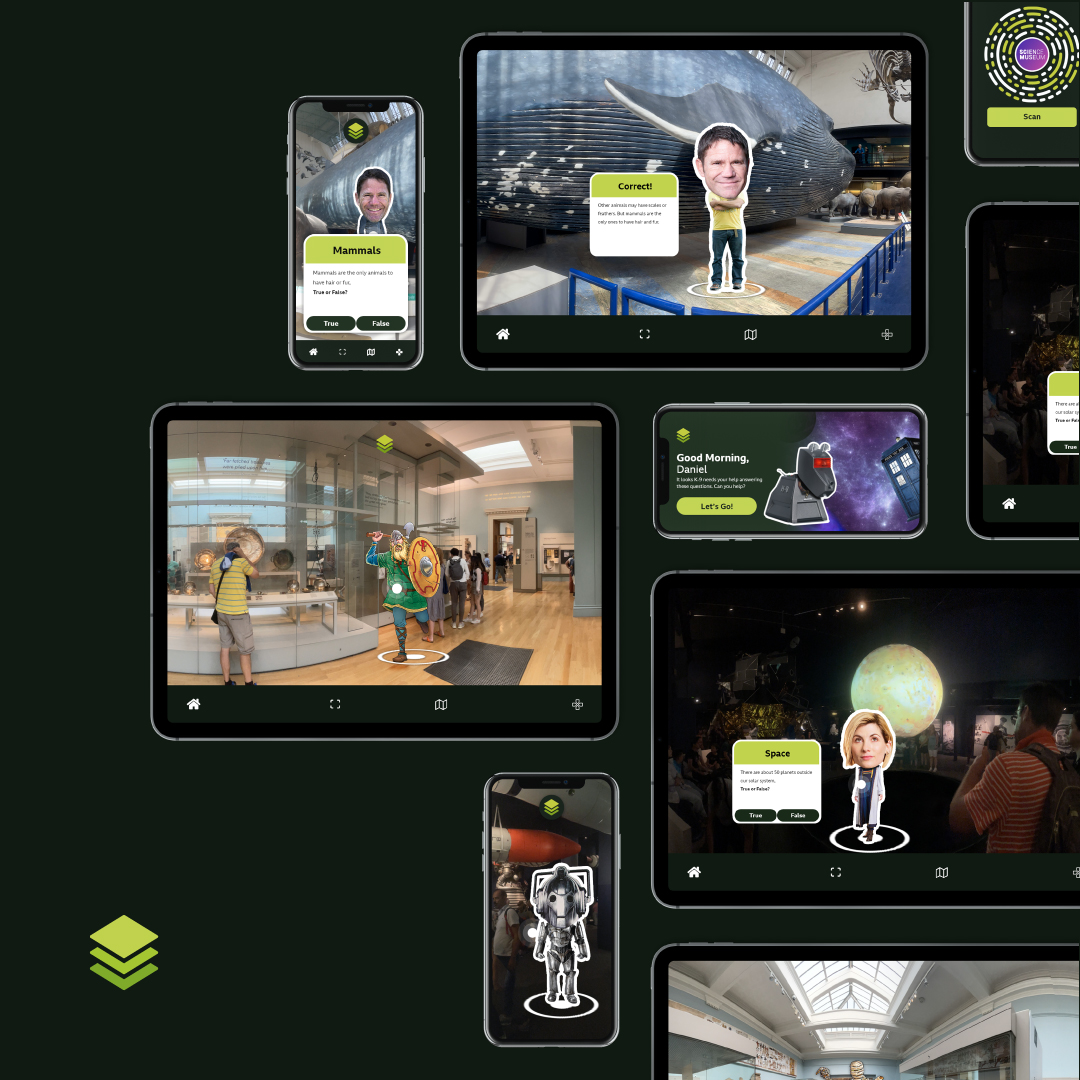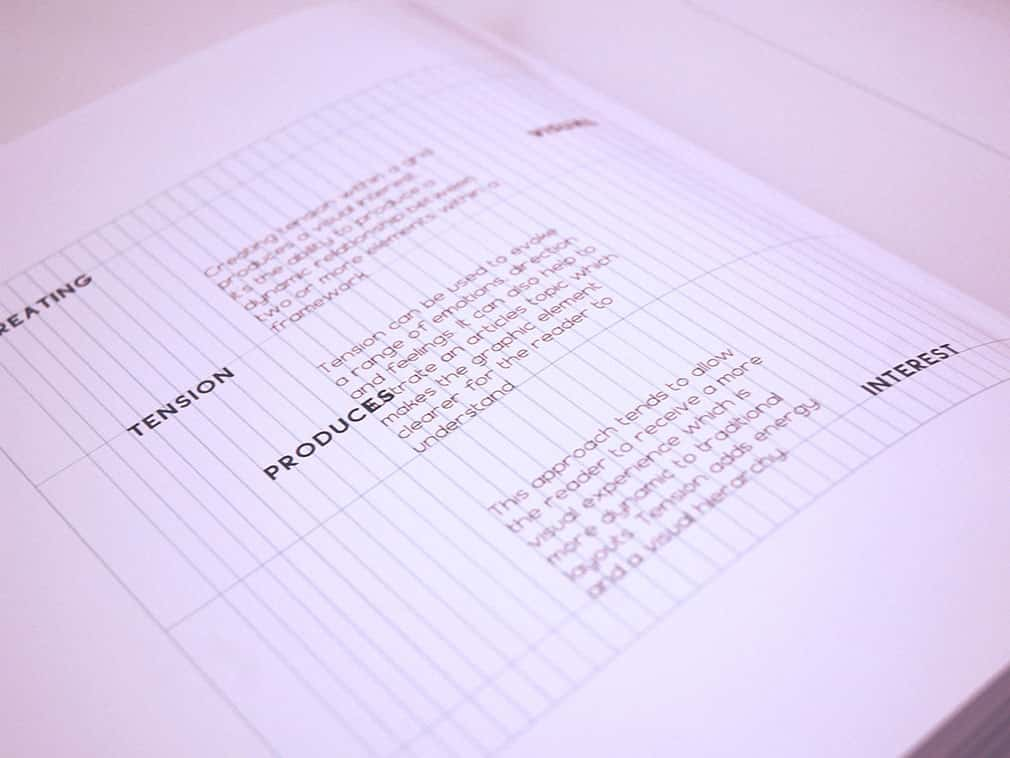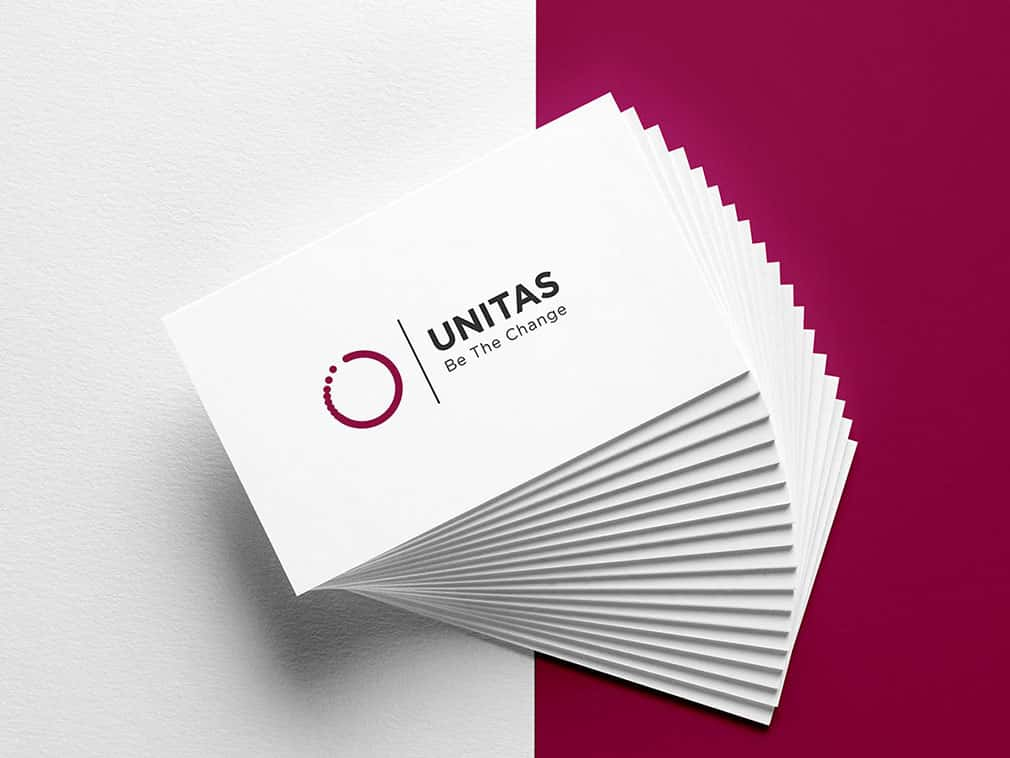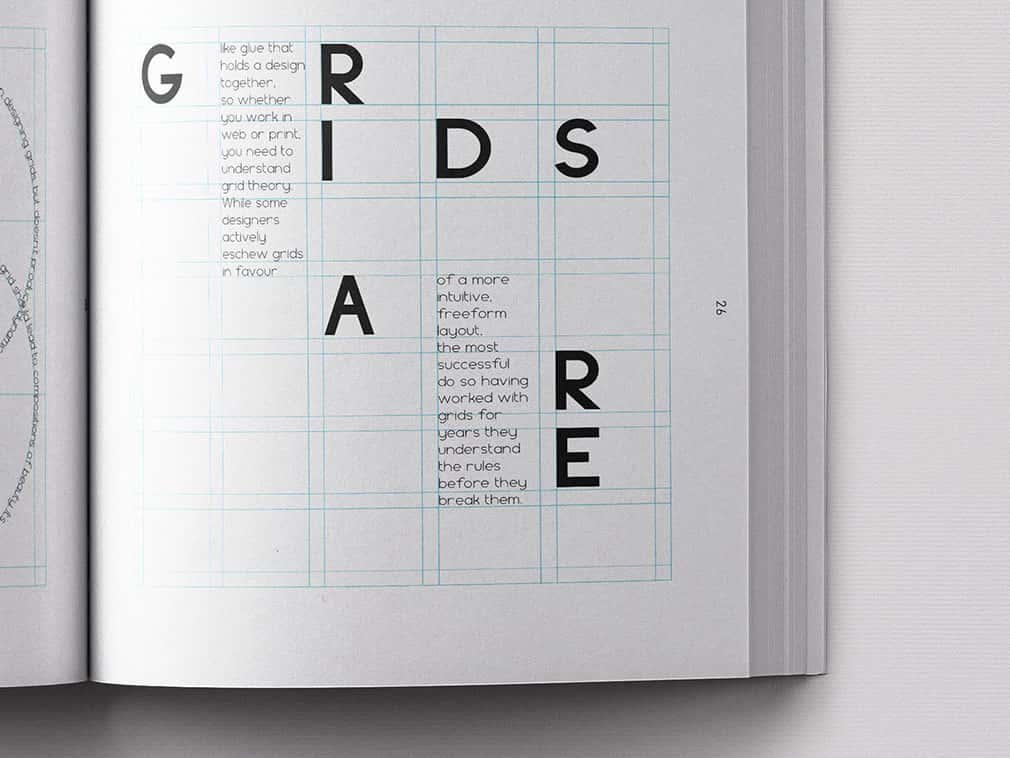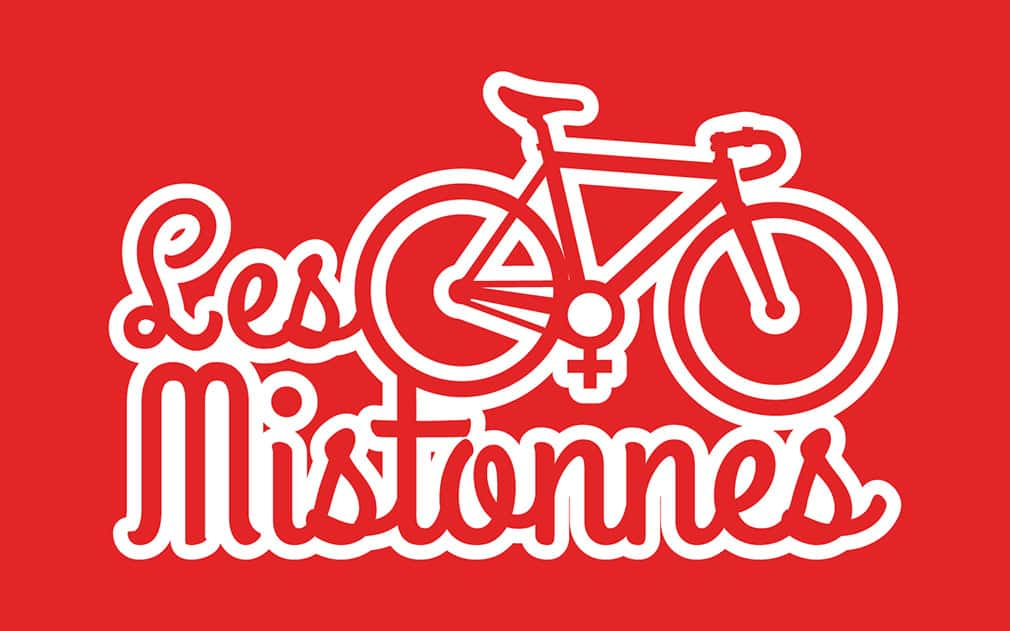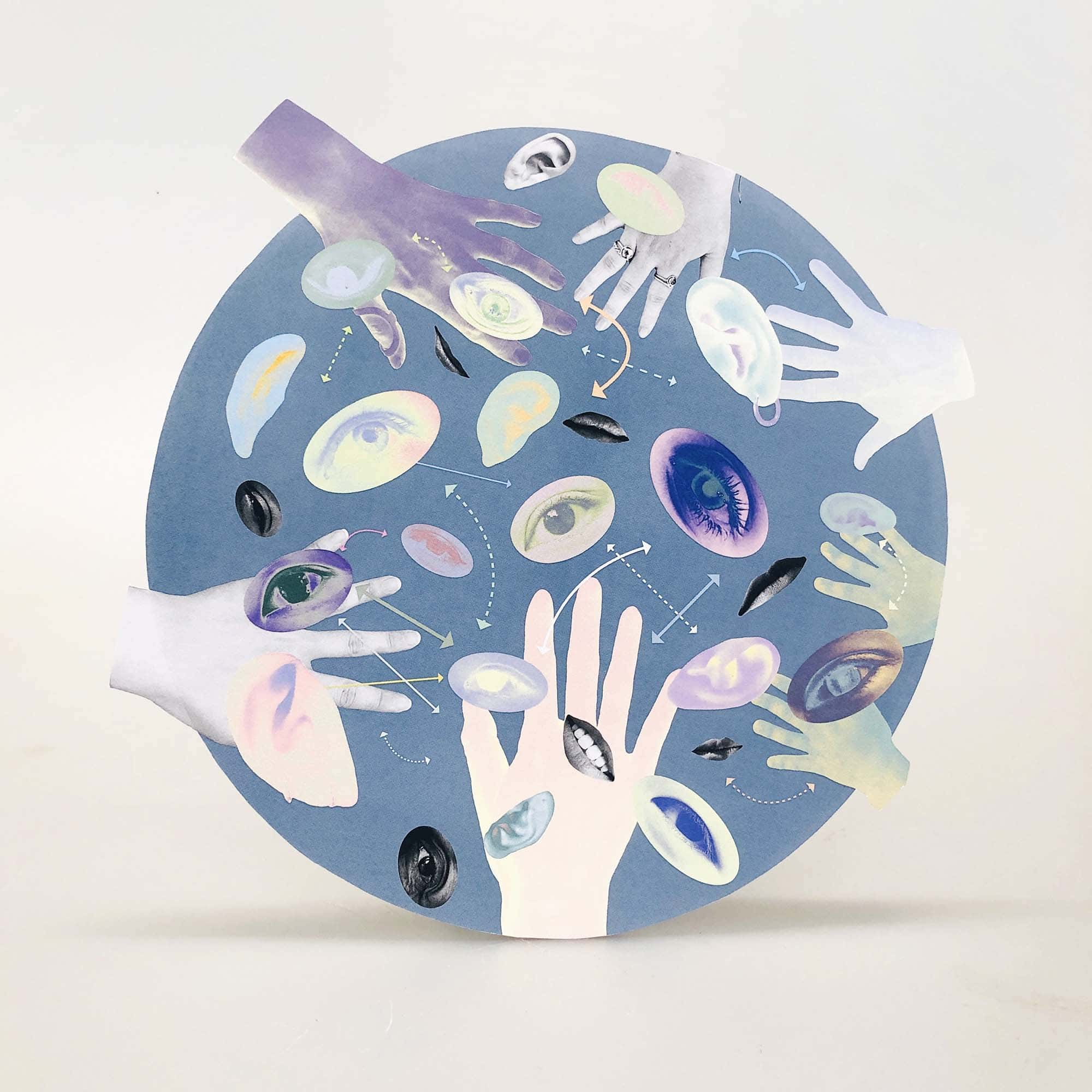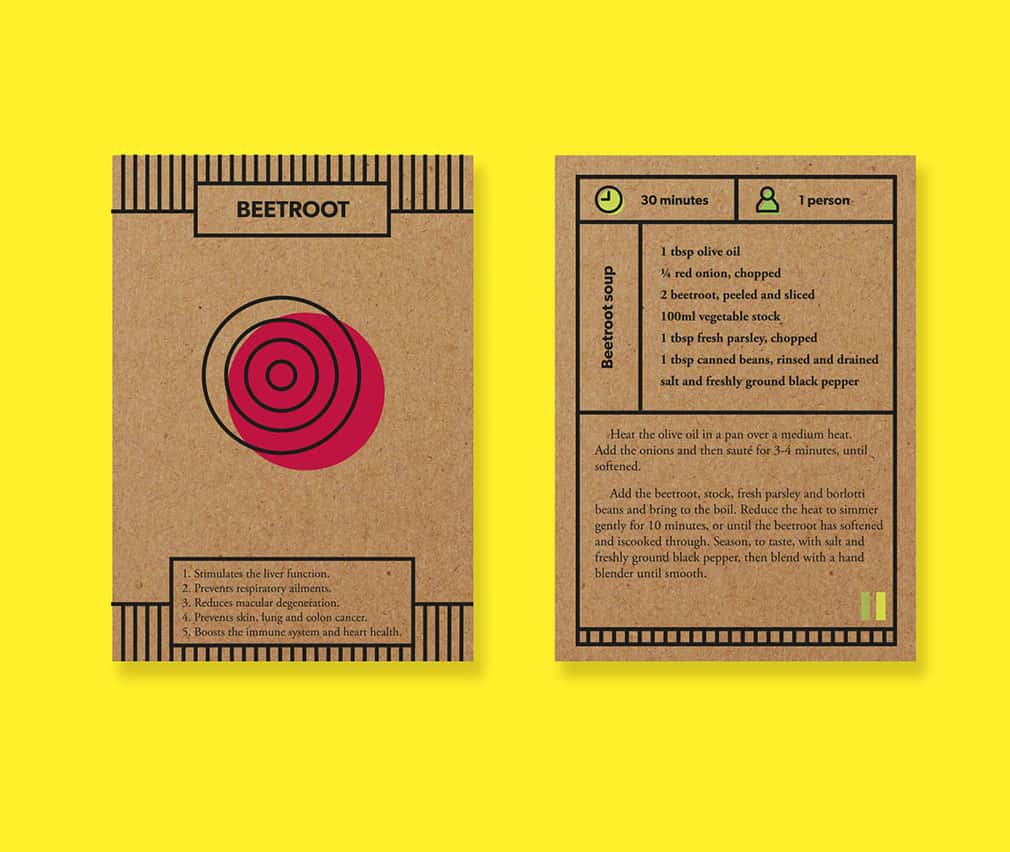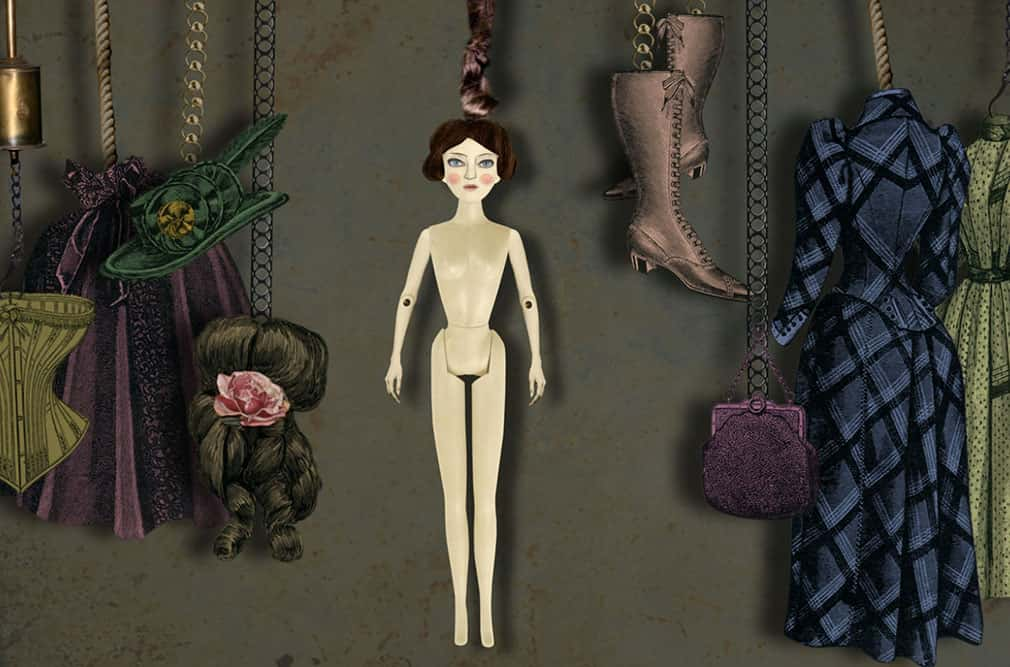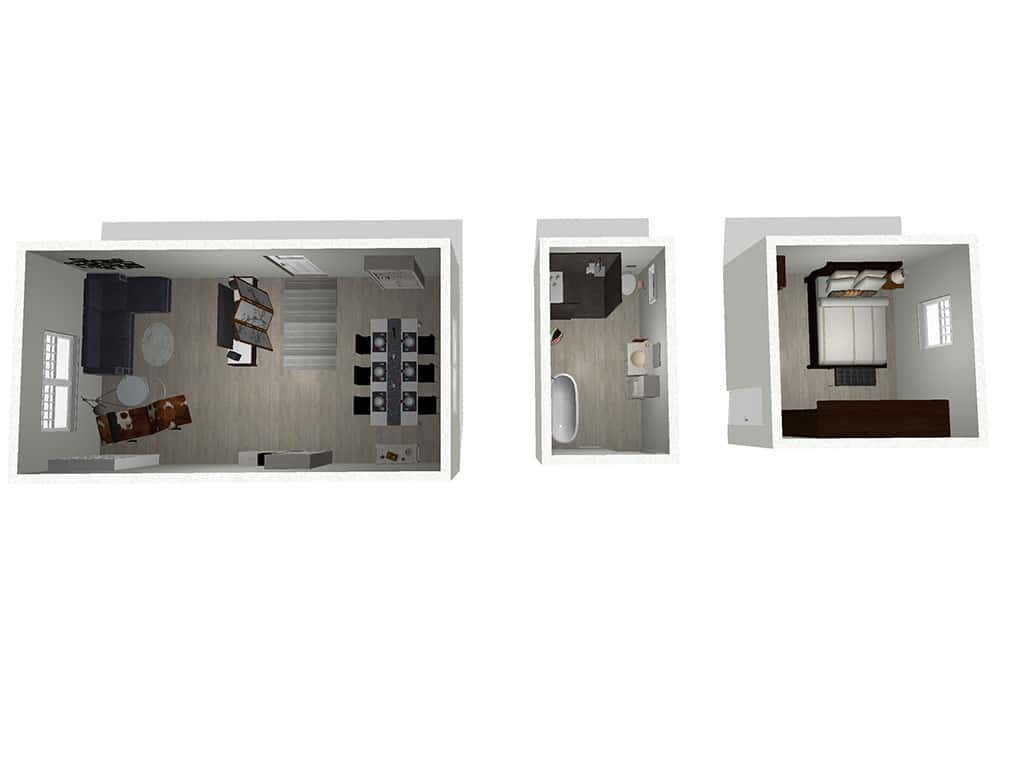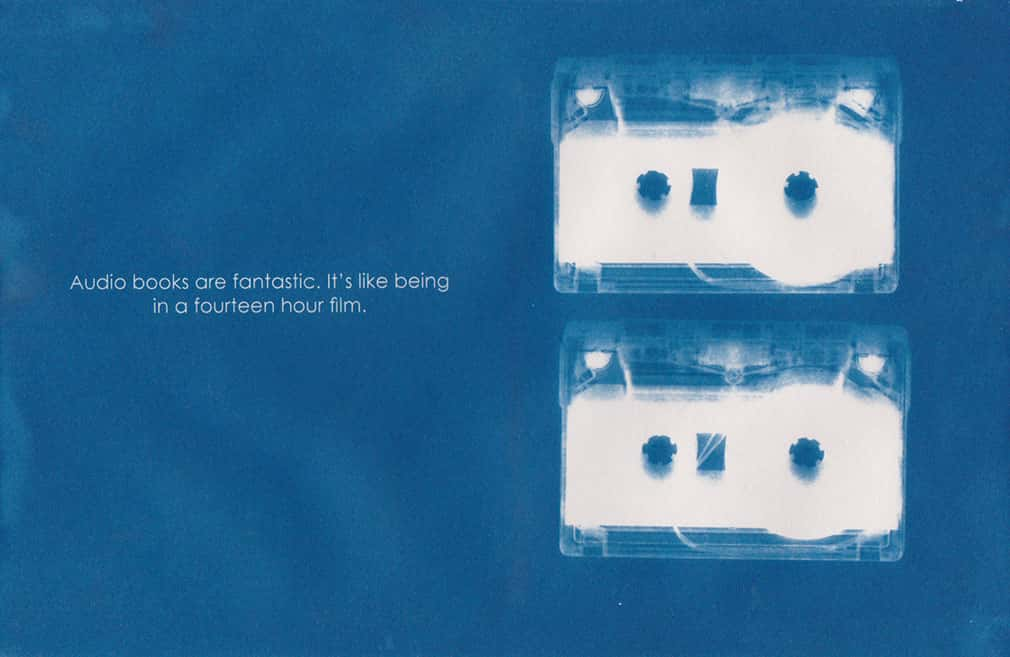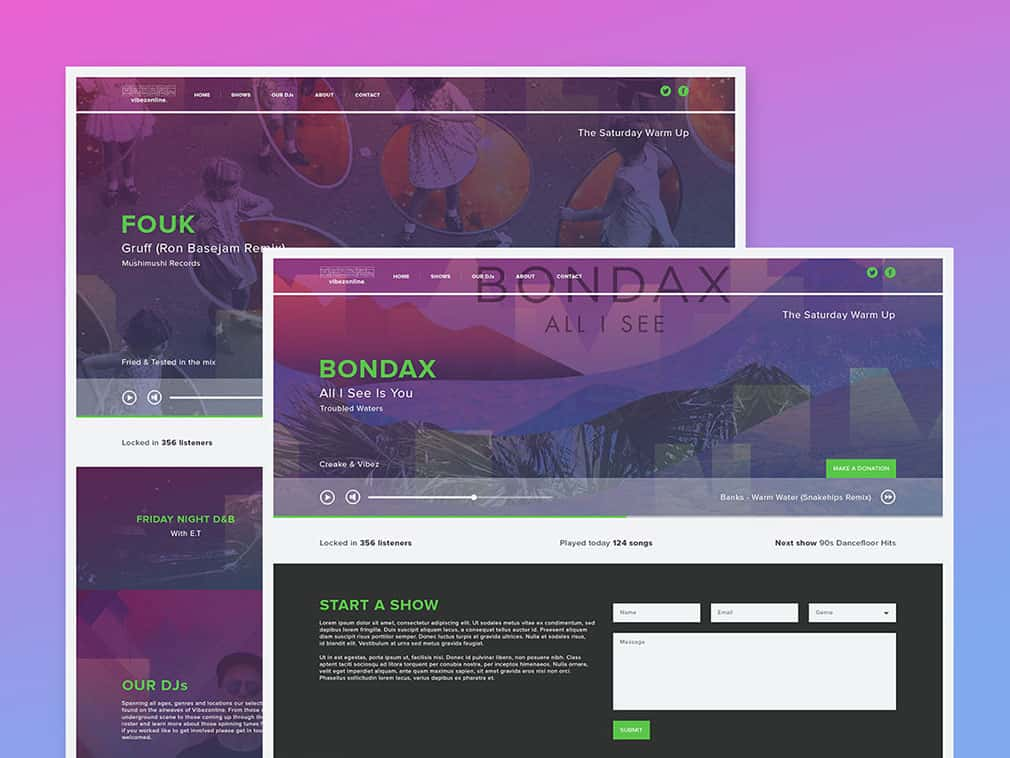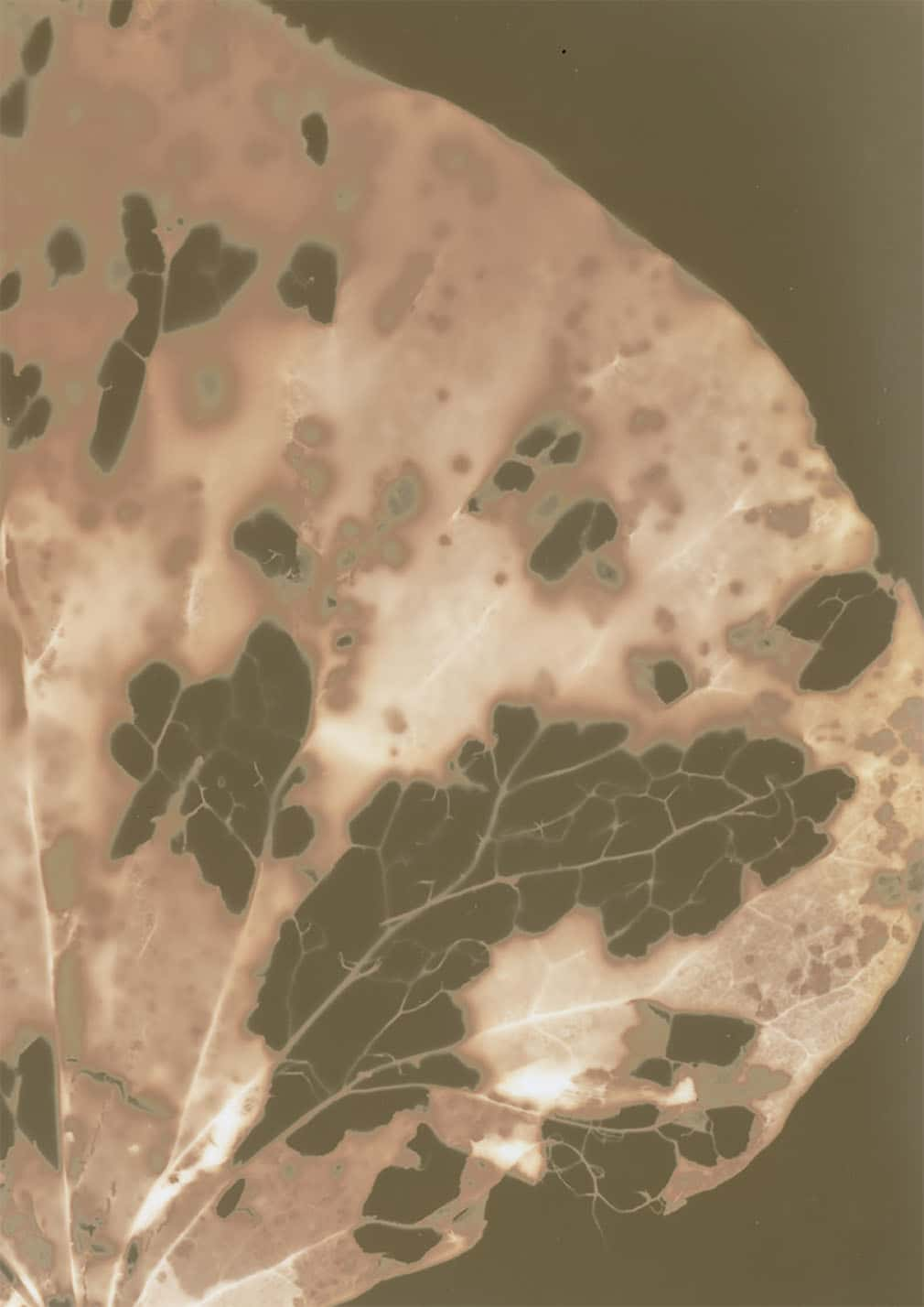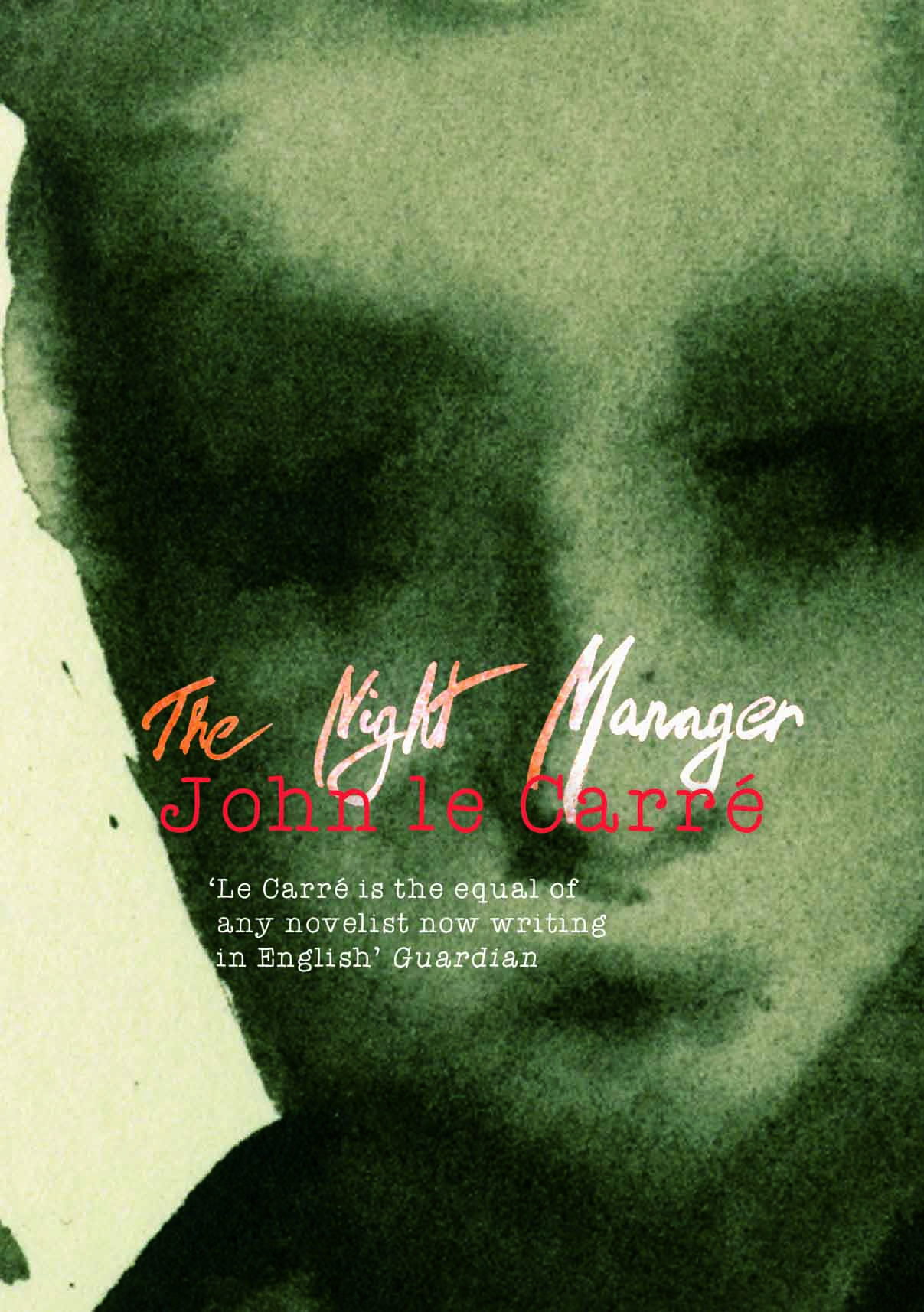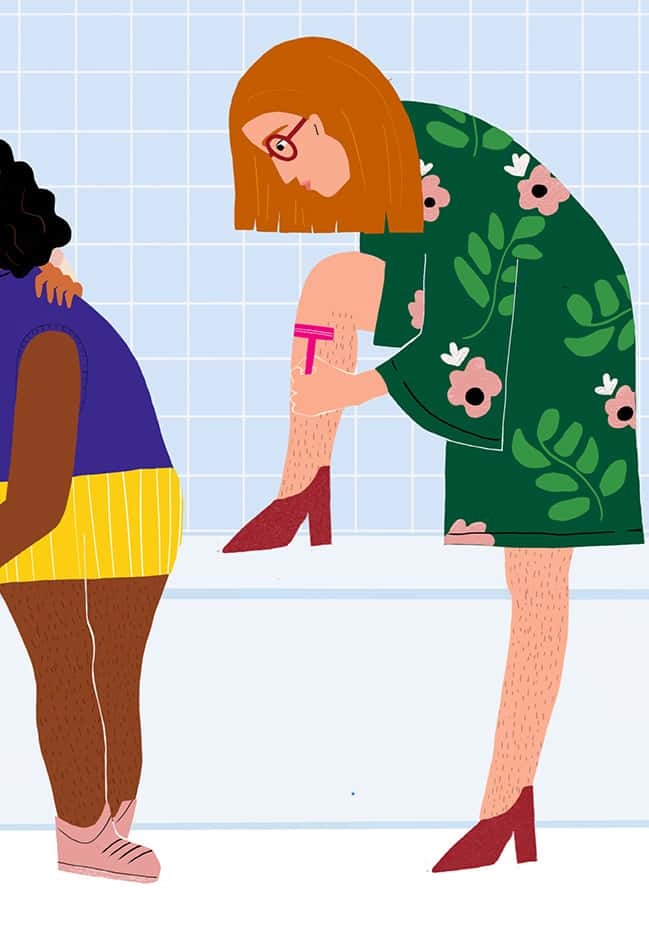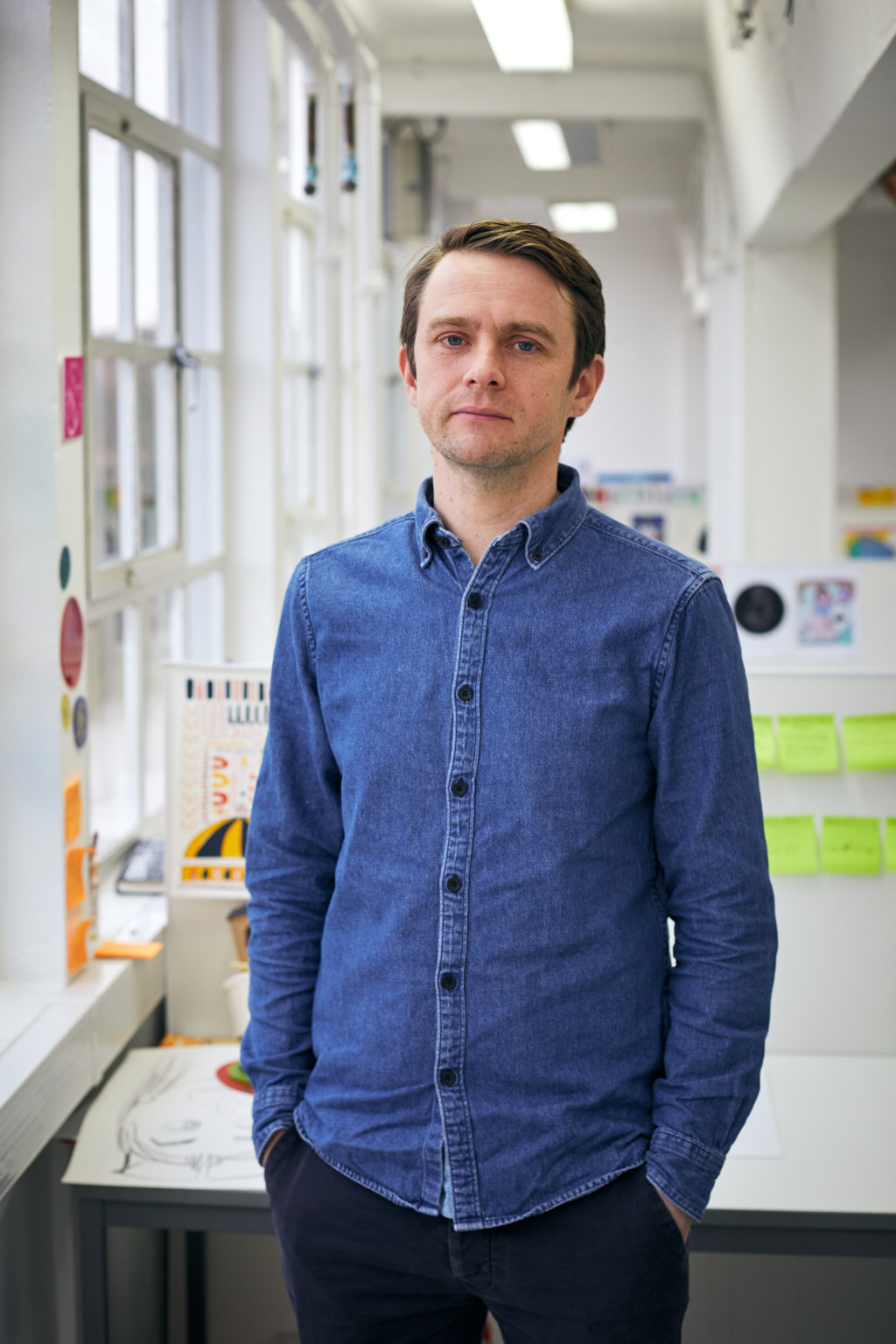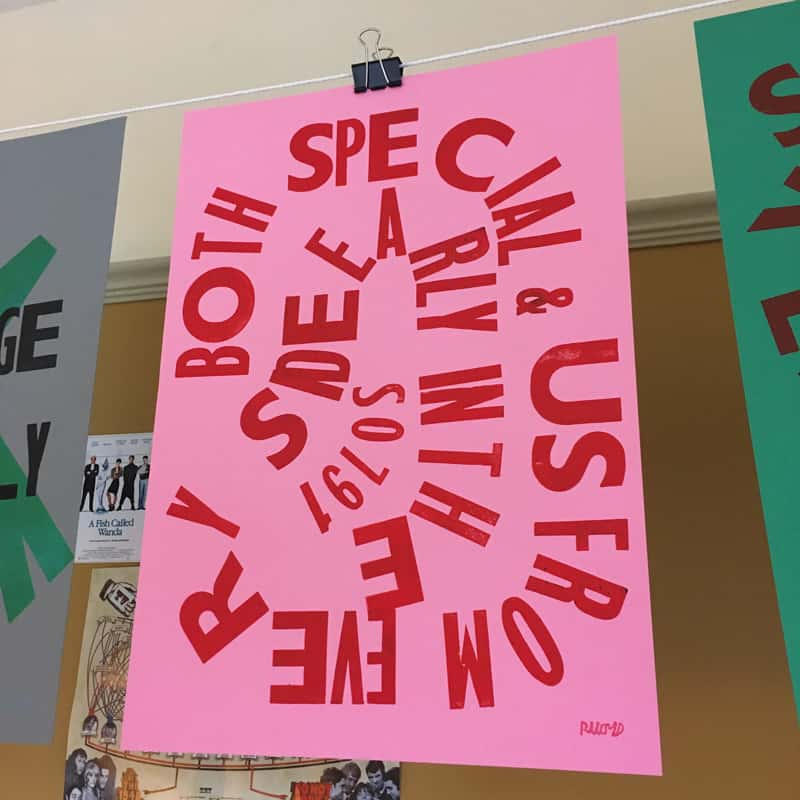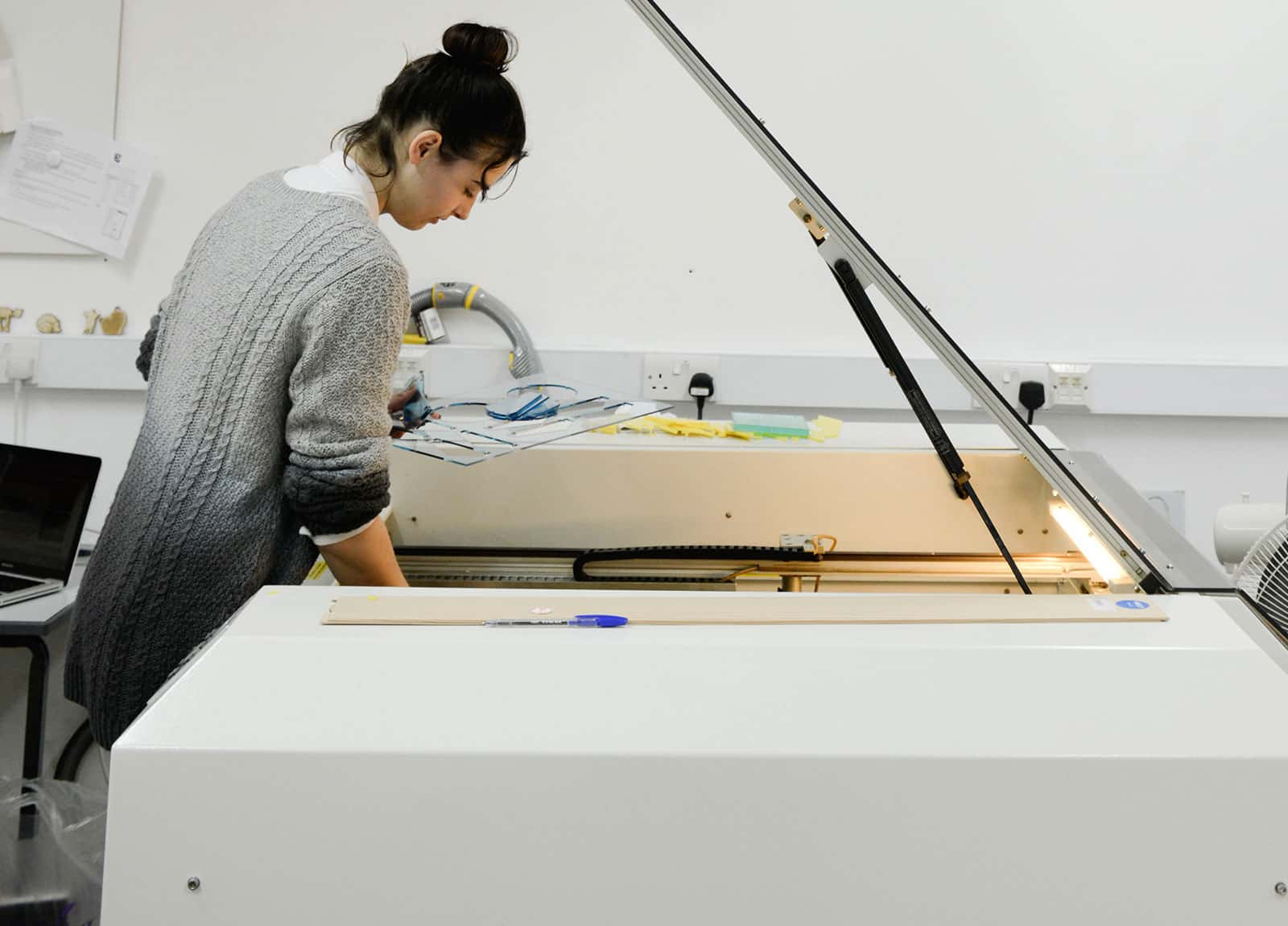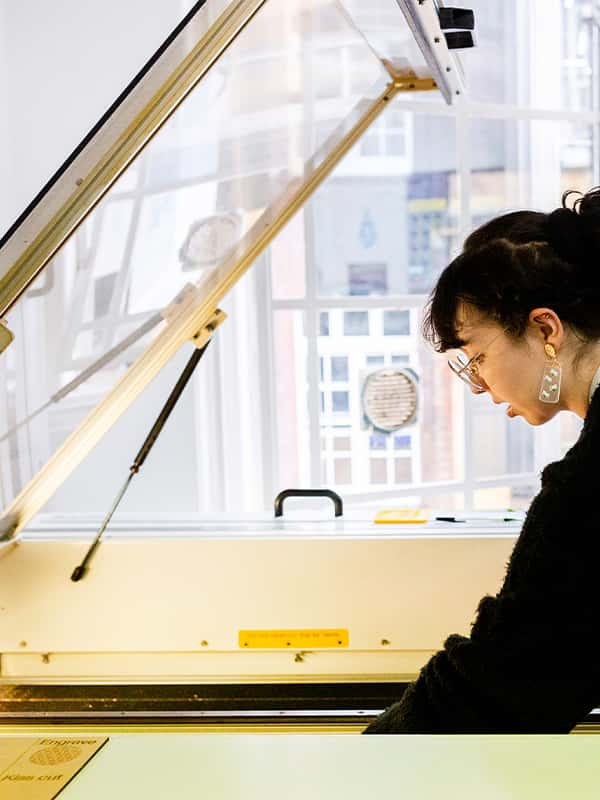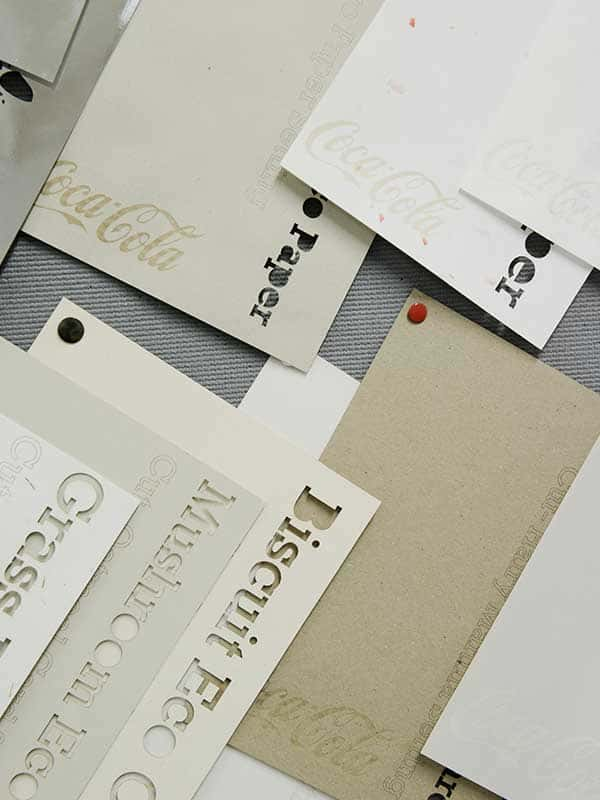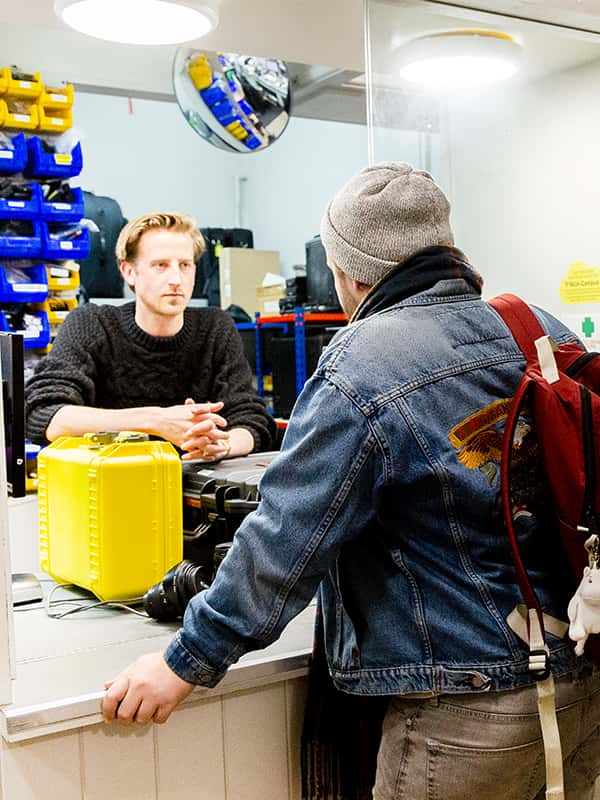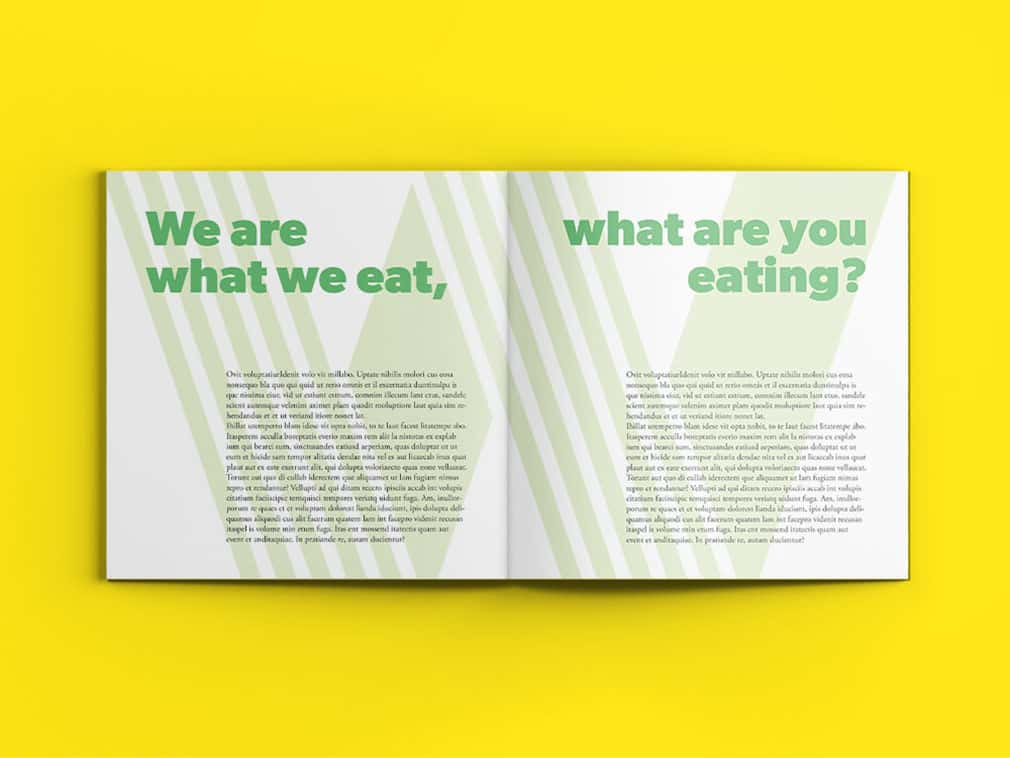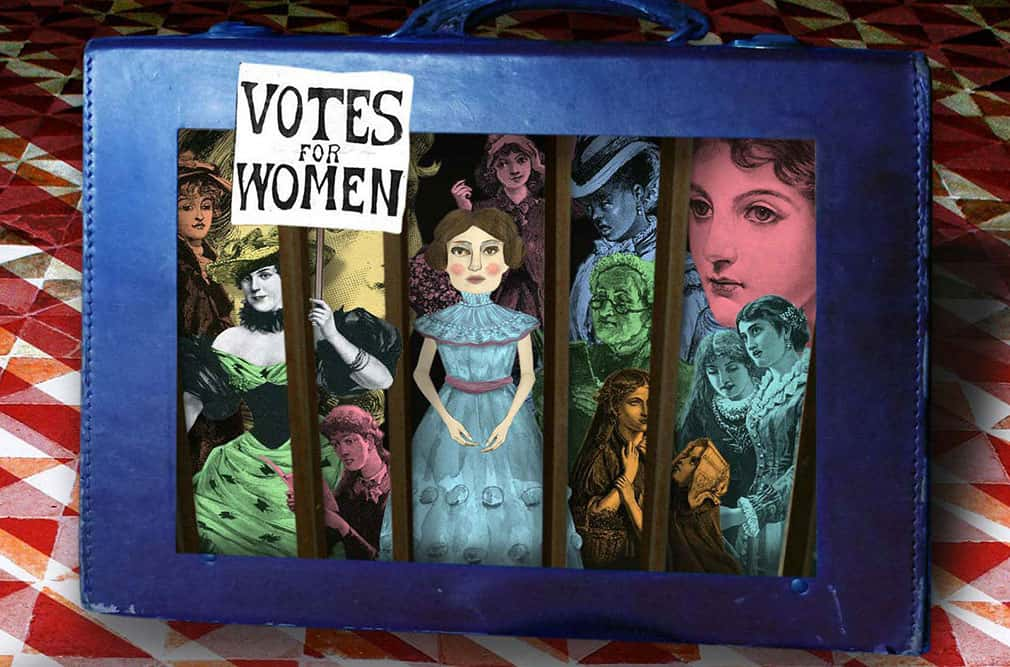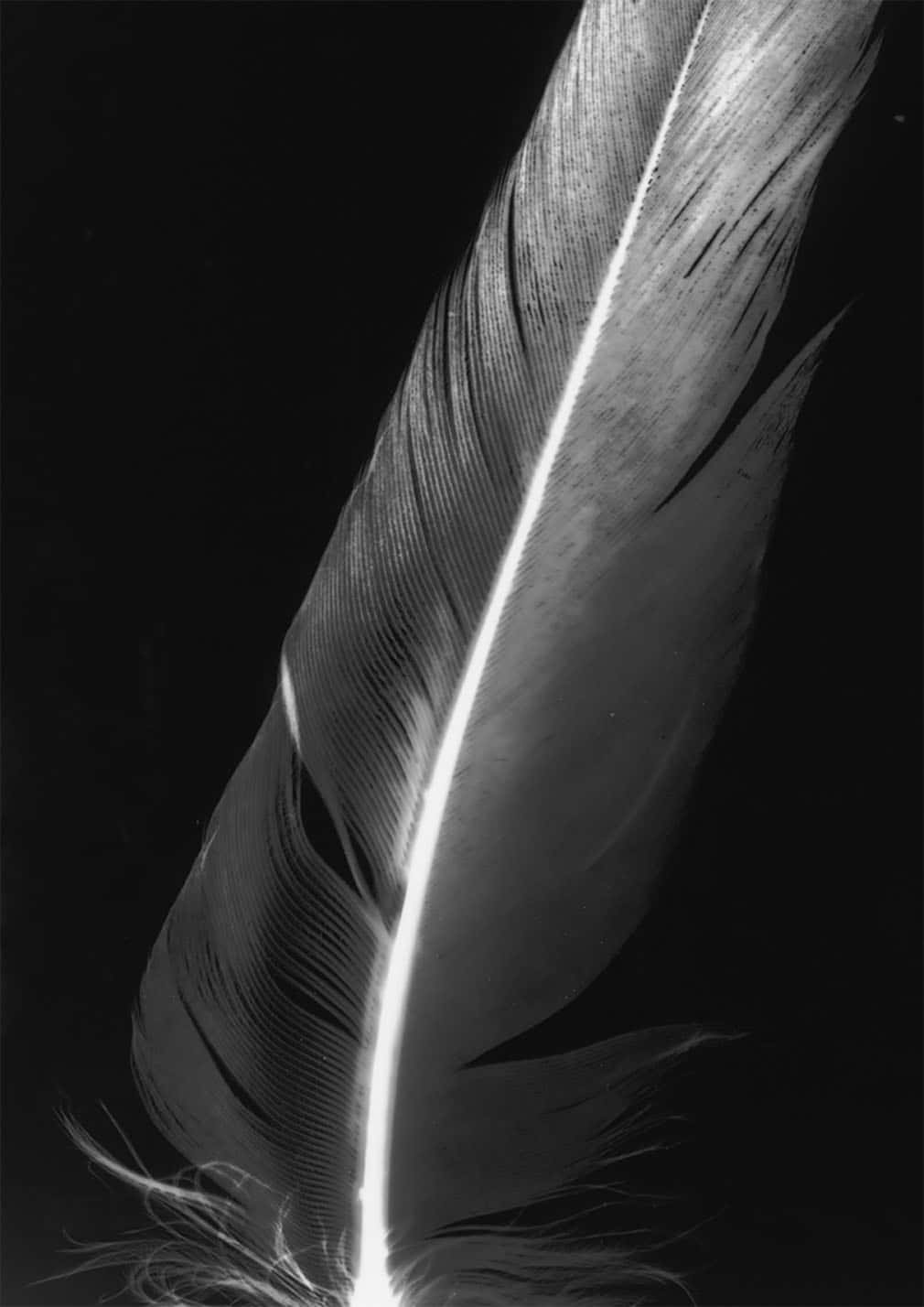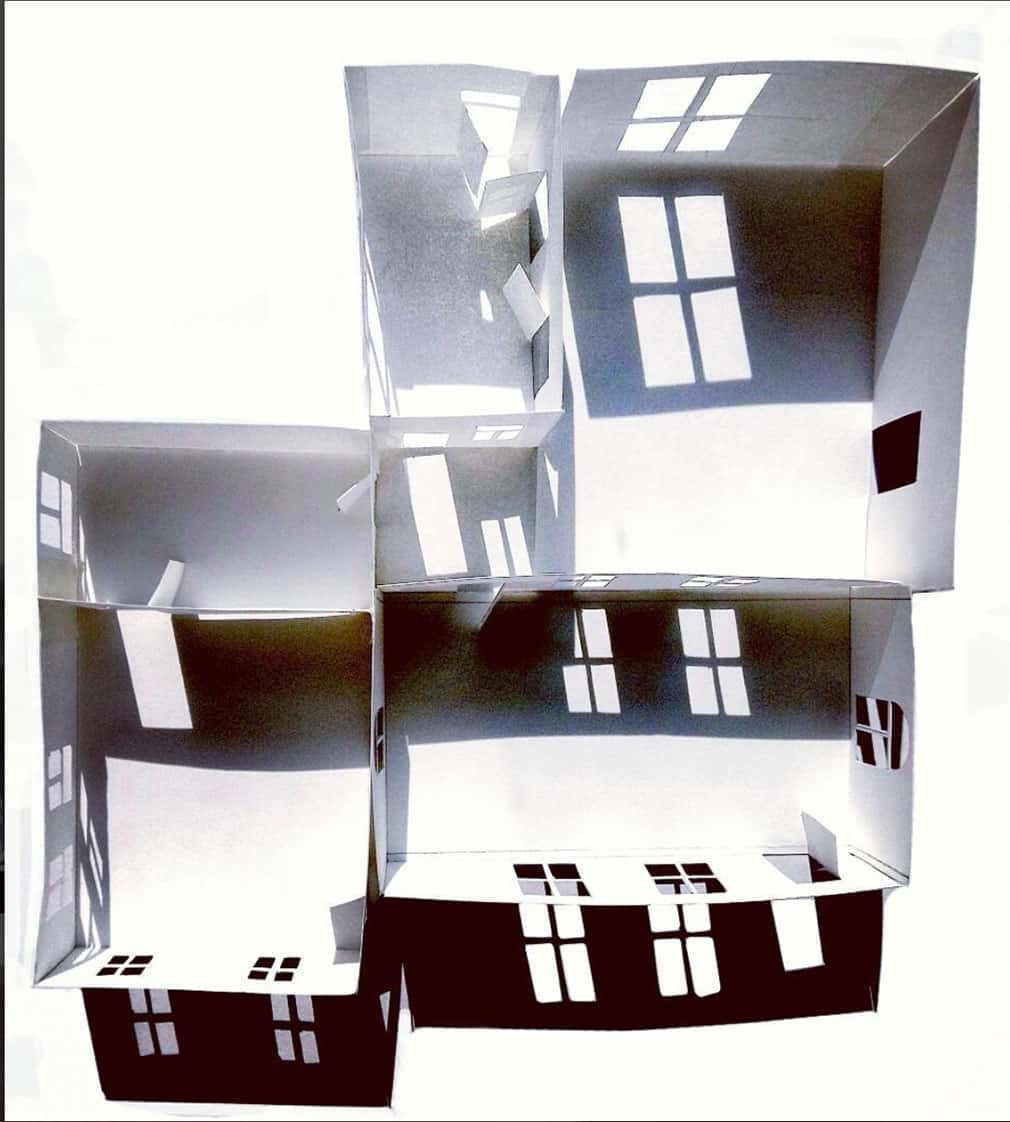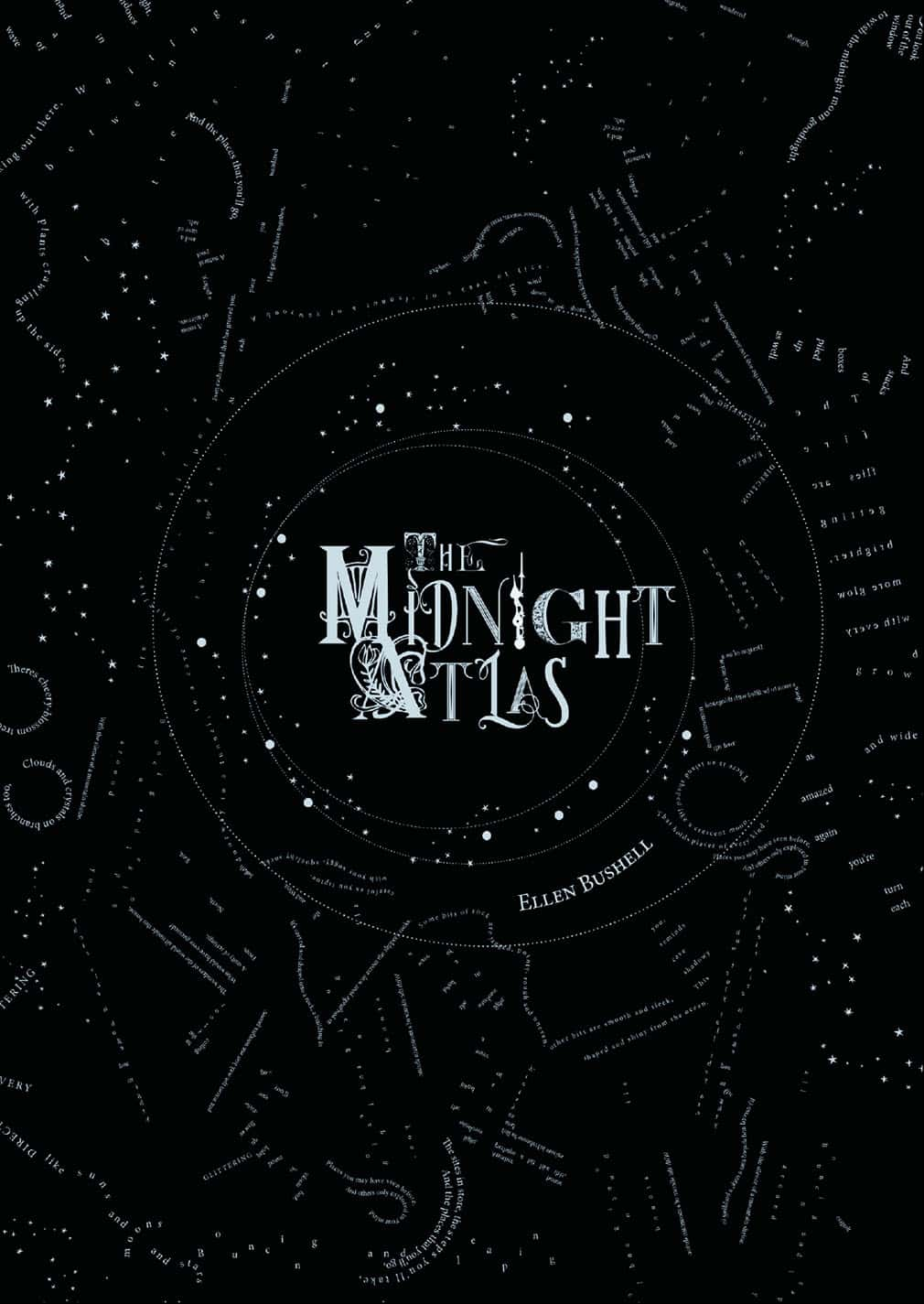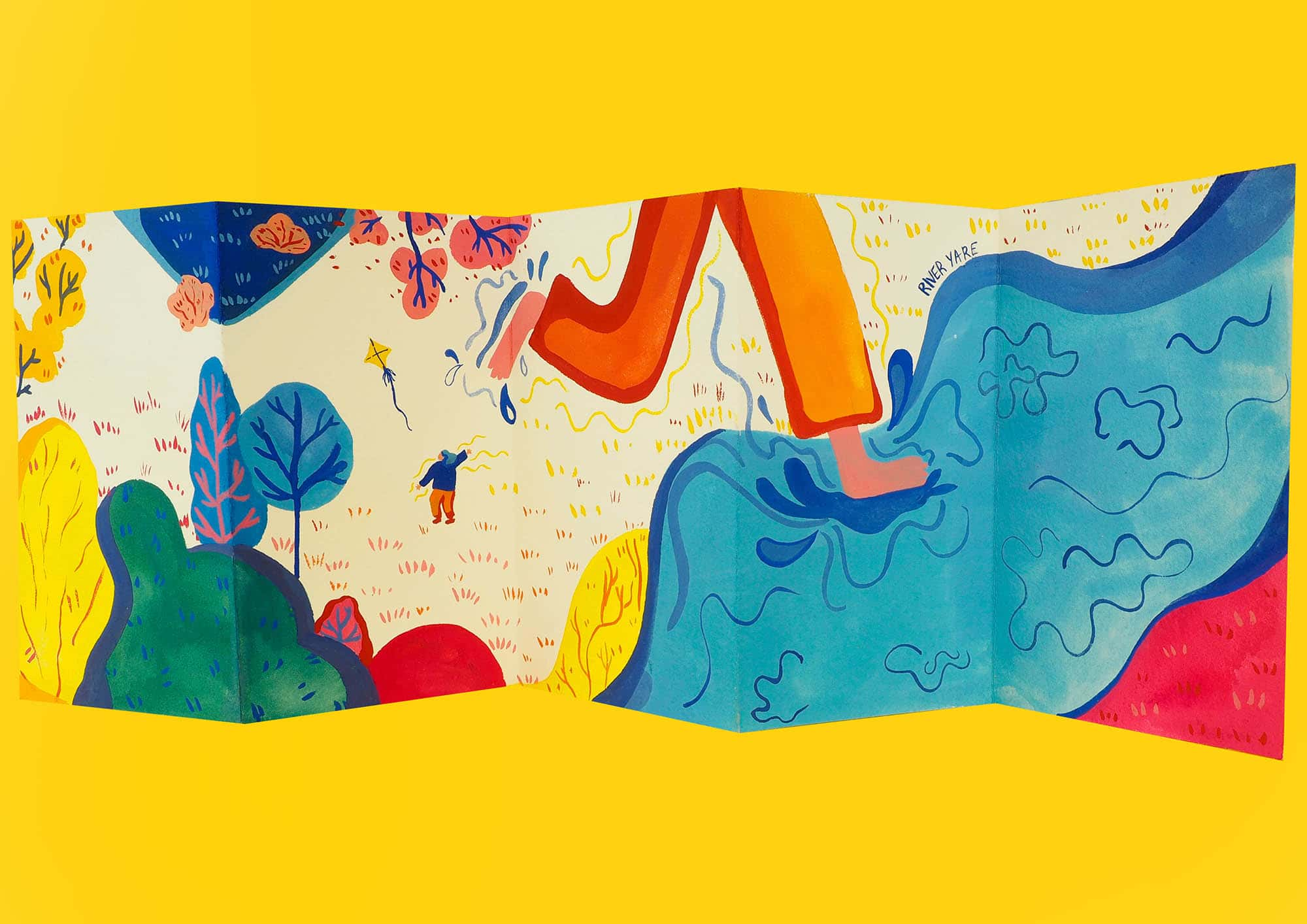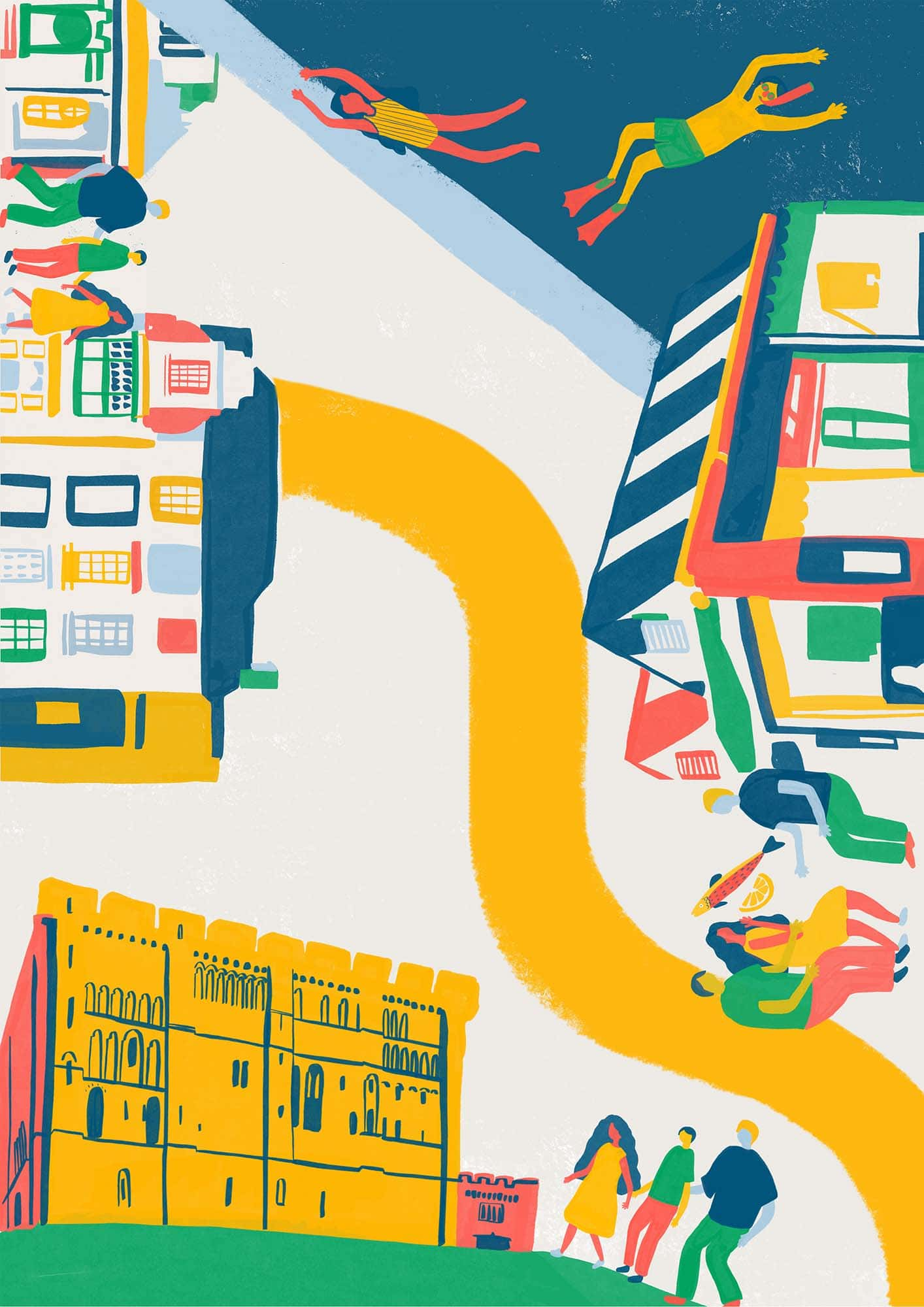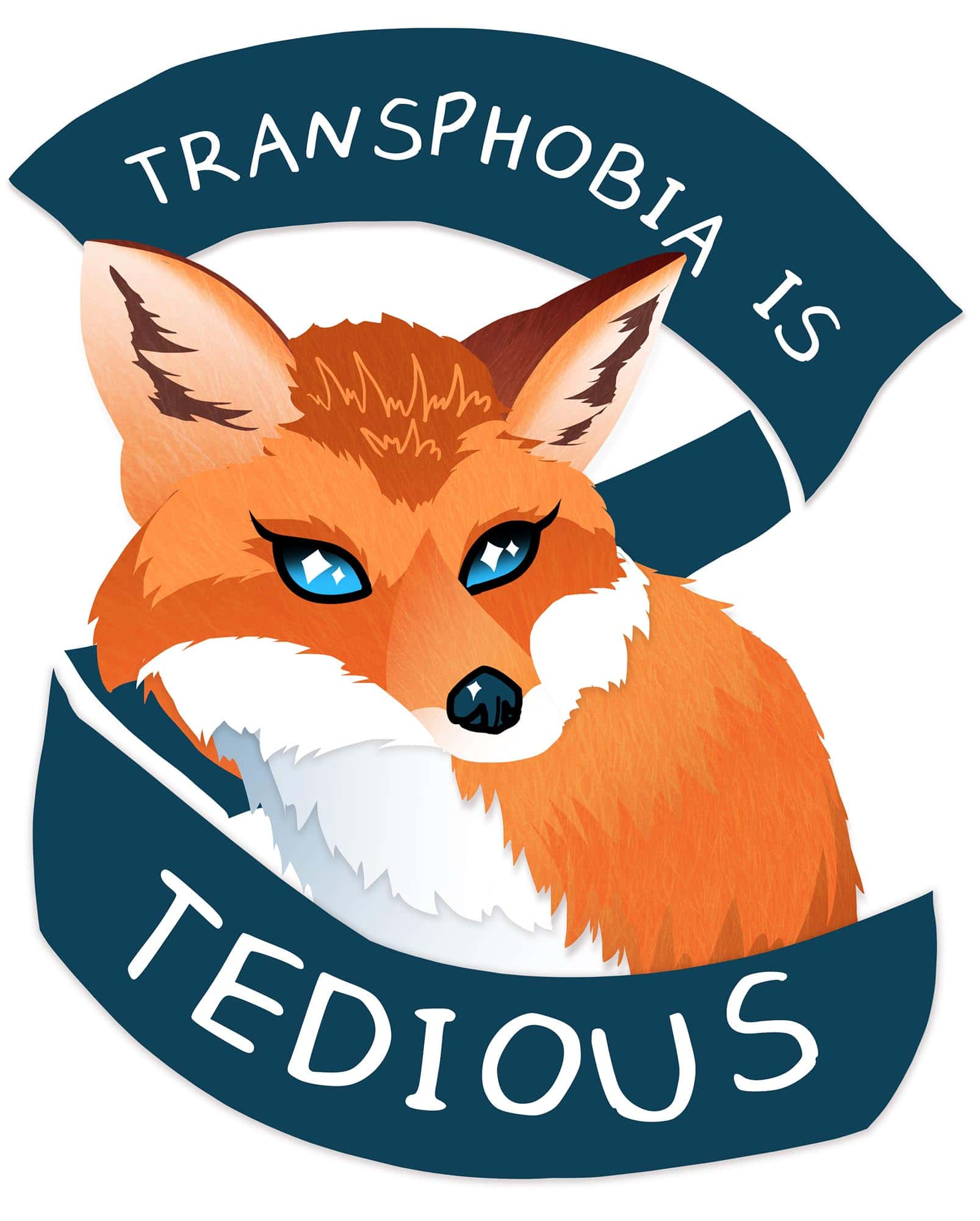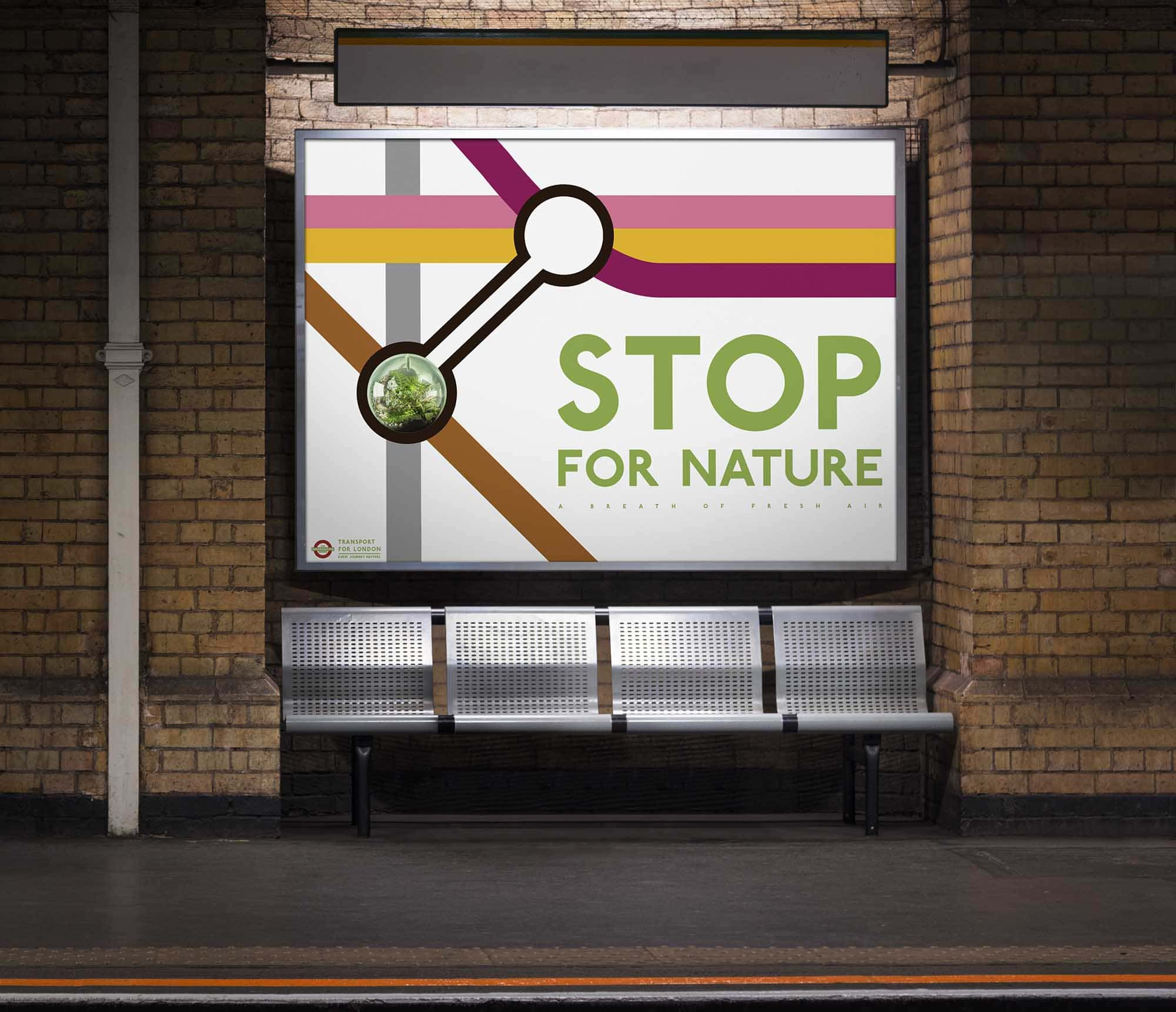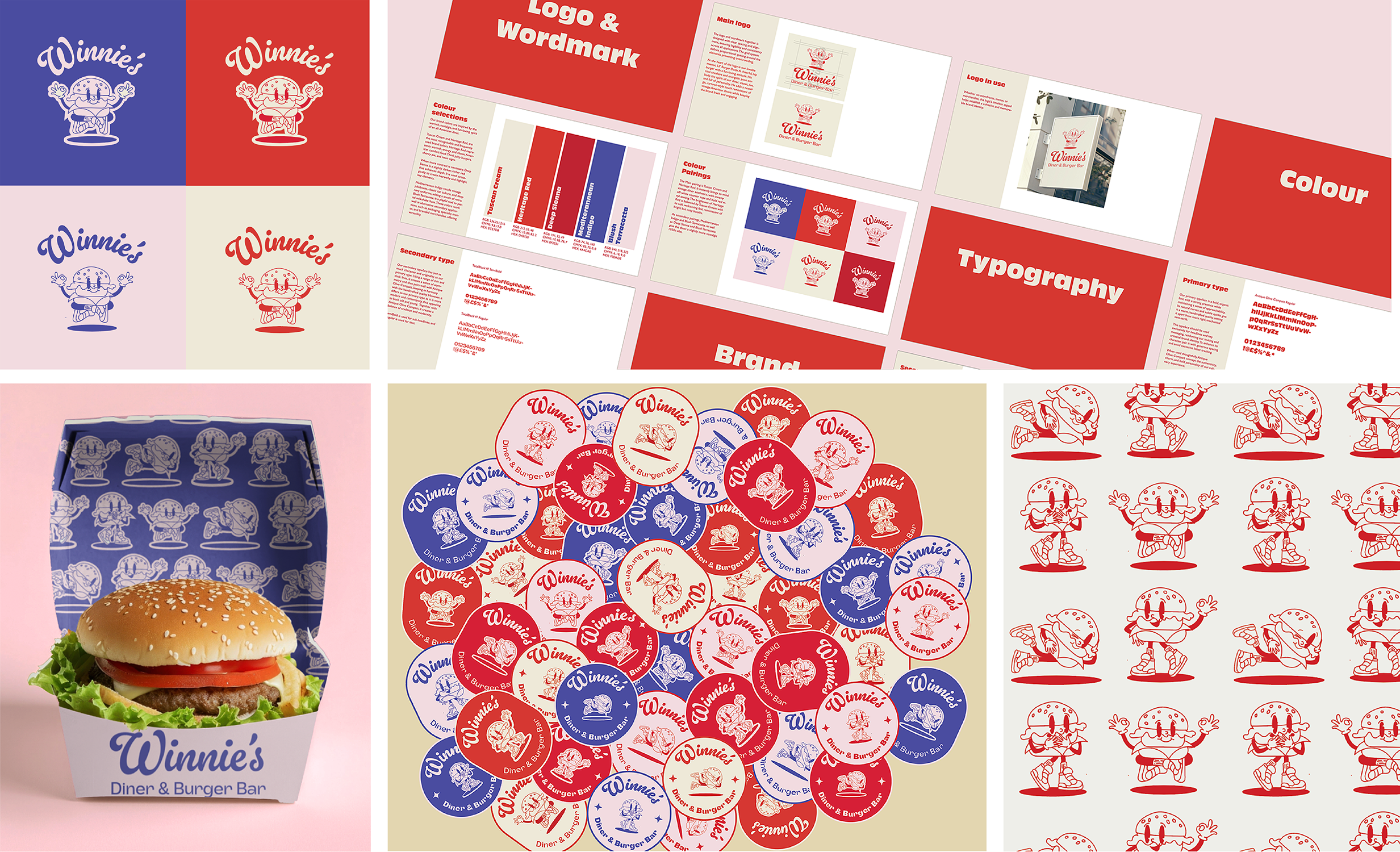
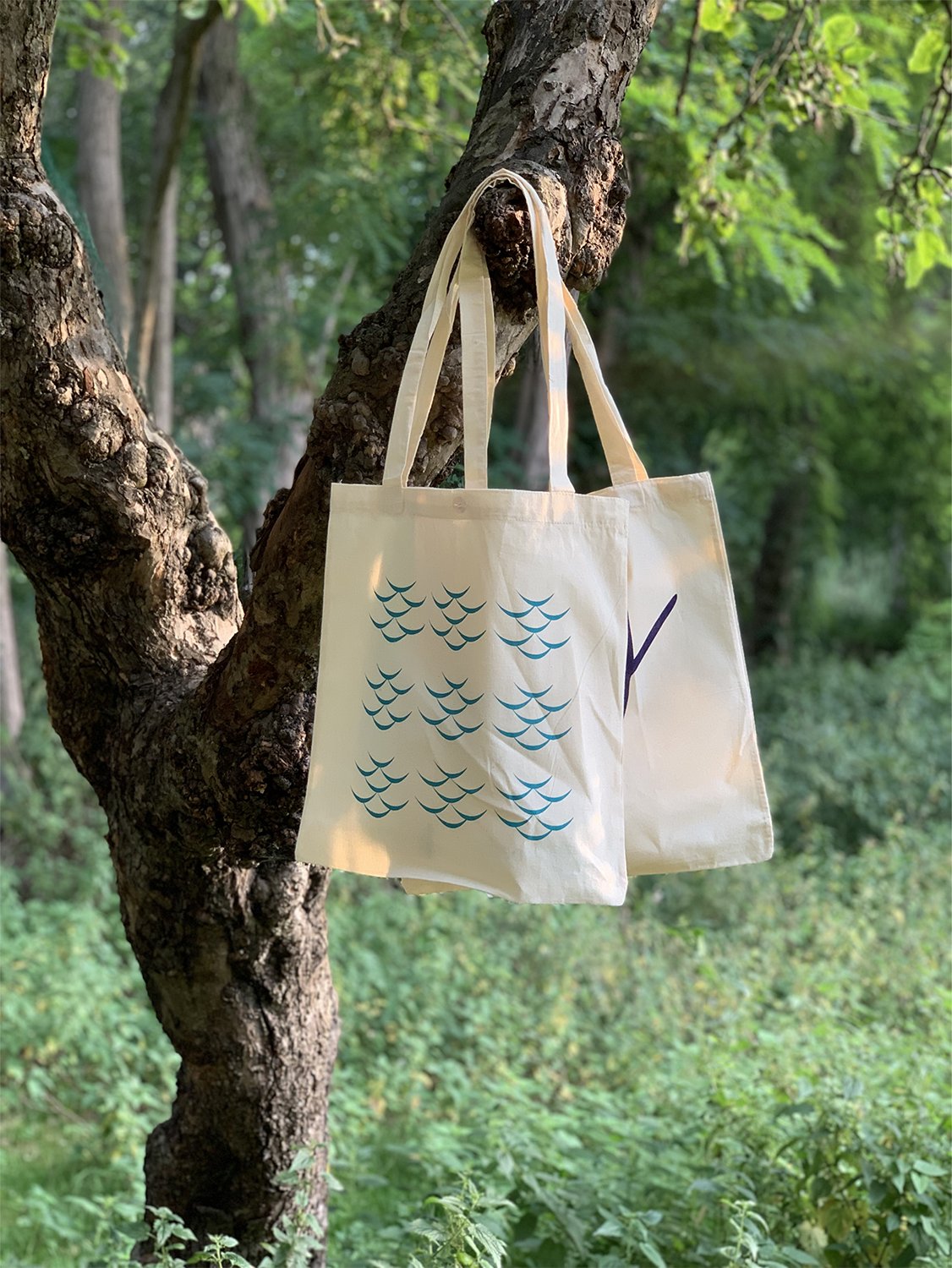

Communication Design MA
Get to the heart of how design shapes our understanding of issues, our environment and each other.
-
Course Duration
Full-time 1 year, part-time 2 years
-
Annual Fees
- Home (full-time) £10,400 or (part-time, over 2 years) £6,500 per year
- Overseas (full-time) £18,860
-
Course Start
September 2026
- How to Apply Request a prospectus (opens in a new window)
The MA in Communication Design encourages you to research, discover, initiate, test and communicate your ideas within professional and real-world contexts. You will develop your own unique design voice by questioning what communication design is and what communication design could be, delving into contemporary communication design issues like sustainability, new technology, inclusivity, and ethics. As a practice-based, forward-thinking collaborative course that pushes the boundaries of communication design you will explore the contribution responsible design practice can make to the rapidly changing needs of contemporary society.
The course emphasises independent and self-directed study, guided by subject-specialist tutors through tutorials, workshops, and lectures. You will develop practical skills in areas like illustration, typography, and narrative storytelling, as well as digital media practice and theory. The course also includes cross-discipline collaborative projects, fostering teamwork and industry engagement. Regular studio visits, guest lectures, and participation in design competitions like the D&AD New Blood Awards will enhance your exposure to industry practices, preparing you for an innovative and exciting career in an ever-changing industry.
Why study with us
-
Project-Based Skills
Develop and refine your skills through project-based learning, which includes working on real-world projects and live briefs helping you to apply your skills in practical contexts.
-
Experimental and Challenging Approach
The course encourages an experimental approach, challenging you to explore and critically address complex design issues such as sustainability, new technologies, inclusivity, and ethics.
-
Access to Professional-Level Resources
Utilise a variety of professional resources including a Design Studio, UV and large format printing, a Media Resource Centre, and a Print Making Workshop.
-
Interdisciplinary Collaboration
Benefit from an interdisciplinary approach that mirrors industry practices, integrating new and emerging concepts and technologies enriching your learning experience.
-
Expertise and Industry Recognition
Norwich University of the Arts is a centre of design expertise, with students and graduates frequently winning prestigious awards like the D&AD Pencils and the RSA Howarth Award. Graduates of our MA Communication Design Master’s degree can be found leading global agencies.
-
Preparation for Advanced Professional Roles
From moving image and sound to questions of brand management and publishing, you’ll stretch your skills and ambition ensuring you are well-prepared for complex professional challenges.
Course Details
This programme is a one-year course including 30 weeks of direct teaching time and a 15-week final project. You will need to complete three units and one 60-credit Major Project (180 credits in total). All units on the course are compulsory and must be passed in order to complete the award. If you study part-time your modules will be split across two years.
For full course details including aims and assessment criteria, download the course specification
Core Practice and Context (60 Credits)
This unit launches your Masters’ study experience at Norwich. it will encourage you to explore communication design problems through a structured process of research, idea generation, development, iteration, execution, and presentation. As a visual communicator, you’ll work across various territories, including illustration, graphic design, branding, and digital/interactive design. Through project work, you’ll research your subject matter, explore contemporary and historical references and refine your ideas to find the best communication strategies. Analogue and digital techniques, design software and consideration of materials will all play a part in how you realise and execute your ideas. Design briefs may be self-initiated, set by staff, or set by external organisations, often addressing global challenges or the United Nations’ 17 goals for Sustainable Development including climate emergency, social and environmental sustainability, equality and diversity, health and well-being, and other vital design for change agendas.
Collaborative Challenge (30 credits)
This unit is designed to tackle emerging and shifting issues in the field, such as sustainability, new technologies, and inclusivity. This unit emphasizes a creative, cross-disciplinary approach, encouraging students to experiment with various design methods that challenge and expand their existing practices. Working in supportive environments, students collaborate on projects that may involve real-world scenarios aligned with the UN Sustainable Development Goals or live projects with external clients. The focus is on teamwork, critical thinking, and the development of a unique design voice, with guidance from industry-experienced tutors. The unit culminates in a group submission and an individual reflective summary, with an emphasis on independent study, practical skills development, and engagement with the evolving landscape of communication design.
Project Design and Development (30 credits)
This unit will help you develop skills in designing and developing a creative and/or research project. The unit is designed to provide a wide range of tools and approaches to creating a research project, preparing you for undertaking your major project and many other investigations, such as doctoral or industry research. This unit introduces students to a wide range of research methods from the arts, humanities, and social sciences, helping them adapt these techniques to their unique projects. With a mix of independent study and expert-led tutorials, students will develop a robust understanding of project planning, ethical considerations, and the use of both digital and analogue tools. By the end of the unit, students will produce a contextual review, a detailed project plan, and an ethics review, laying the groundwork for their major project and establishing a distinct design voice, preparing them for the professional world.
Major Project (60 Credits)
This unit forms the culmination of your Master’s study in which you will design, develop, and execute a major project, individually or collaboratively. You will be supported and receive guidance in developing your projects through talks and group sessions. You will be encouraged to explore ideas and themes that challenge norms, question the role of design, and consider its potential to effect positive change. You will develop skills in selecting and utilising appropriate research methods, consider the stakeholders you will work with, and present your work to. You will work more independently as you progress, regularly consulting with your supervisor in group or individual tutorials. The format of your major project outcomes will be crucial, allowing you to showcase the knowledge and skills gained over the course to present a relevant and appropriate project in both the local and global context.
Download course specifications
Learning and teaching
The course is delivered through a variety of engaging learning and teaching methods.
-
Lectures
-
Seminars
-
Tutorials
-
Technical labs
-
Independent and group work
Assessment
Our assessment methods will vary based on the unit you choose and provide a comprehensive measure of your learning and progress. These methods may include:
- Critically reflective essay
- Course work
- Presentations
- Learning journal
- Reflective evaluation
- Body of creative work
- Reflective research report
- Team project evaluation
- Major project
- Supporting documentation
Our Facilities
Look around our city-centre campus, and you will find studios, media labs, and creative spaces in 13 buildings that sit among the cafés, bars, independent galleries and shops of Norwich’s cultural quarter.
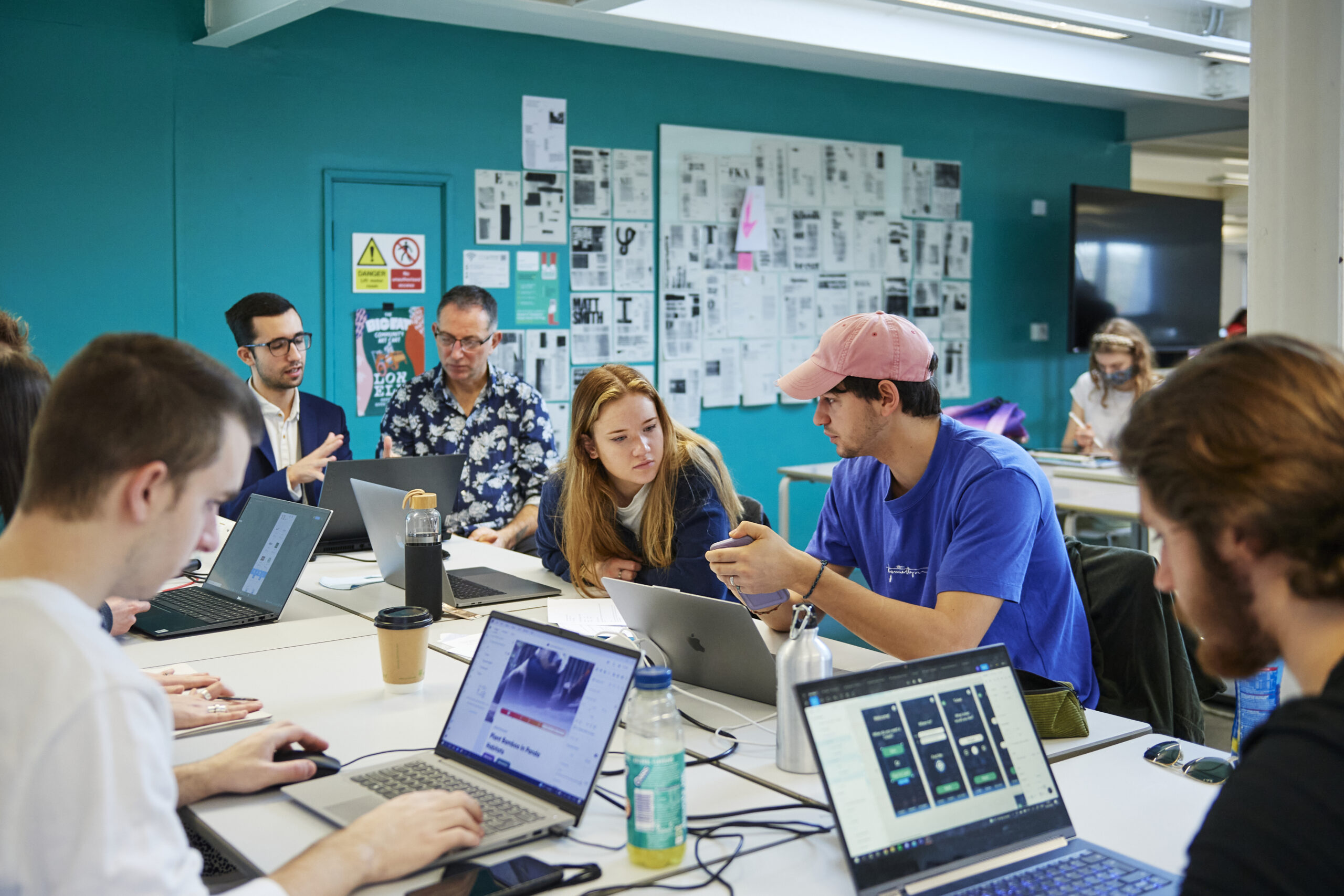
Typical career paths
- Graphic/Web Design
- Art Directing
- Brand Strategy/Design
- Desktop Publishing
- Design Consultancy
- Editorial Design
- Marketing
- Packaging Design
- Advertising
- Studio Management
- Teaching/Lecturing
- Research/PhD Study
The UK’s creative sector is thriving, contributing £111.7 billion annually to the economy and offering over 2 million jobs.
Department for Digital Culture Media and Sport (DCMS)
Entry Requirements
Entrants should normally have achieved a BA (Hons) / BSc Degree of 2:1 or above (or its equivalent), in a subject related to your proposed course of study.
Applicants who hold a Degree from another discipline may also be considered for entry, subject to the submission of a satisfactory portfolio of art, design or media-related work in support of their application.
Those with industry experience or relevant skills from non-traditional backgrounds are encouraged to apply, including individuals currently employed. If you’re unsure about your eligibility, please contact us for guidance before applying.
English language requirements (International/EU)
If English is not your first language, IELTS 6.5 (or equivalent) is required, with a minimum of 5.5 in reading, writing, listening, and speaking. we also accept other English language qualifications.
International Qualifications
We accept a wide range of qualifications from all over the world.
For information on entry requirements from your country, see our international pages.
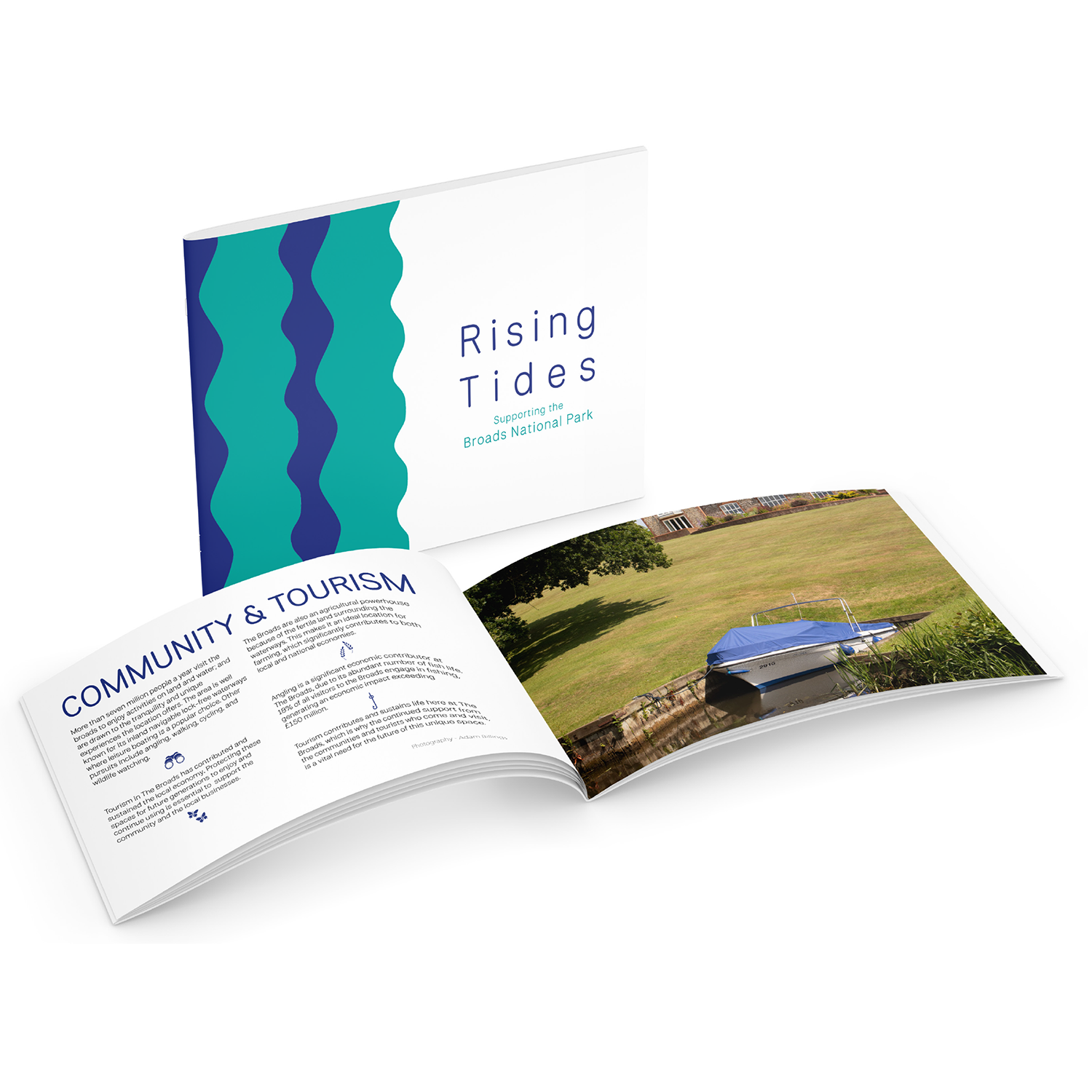
Fees and funding
Home
Tuition fees for the 2026/27 academic year
- Full time: £10,400
- Part time: £6,500 per year
The level of fee that you will be asked to pay depends on whether you’re classed as a UK
(home) or international student. Check your fee status.
Fees for subsequent years
The rules for inflation on fees in subsequent years depend on the type of fee status and level
For Home and overseas postgraduate degree students starting in 2025, fees will remain the same for each year of your course.
Funding your study
Depending on your circumstances, you may qualify for a bursary, scholarship or loan to help fund your study and enhance your learning experience. Find out more about scholarships and funding.
International
Tuition fees for the 2026/27 academic year
- Full time: £18,860
The level of fee that you will be asked to pay depends on whether you’re classed as a UK
(home) or international student. Check your fee status.
Fees for subsequent years
The rules for inflation on fees in subsequent years depend on the type of fee status and level
For home and overseas postgraduate degree students starting in 2026, fees will remain the same for each year of your course.
Funding your study
We offer a range of scholarships and bursaries for international students. To find out more and see if you’re eligible, please visit the scholarships for international students page.
Additional costs
Your course fees cover the cost of studies, and include loads of benefits, such as the use of our library, support from our expert employability team, access to workshops and free use of the IT equipment across our campuses. There are also other costs which you may need to consider.
How to apply
Home
Applications to our postgraduate courses should be made directly to Norwich University of the Arts using a Postgraduate Application Form.
Applications should be returned to admissions@norwichuni.ac.uk
Please see our Terms and Conditions and Admissions Policies for further details.
International
Postgraduate applicants can only apply directly by completing the below online application form or emailing the downloadable form to ioadmissions@norwichuni.ac.uk
International students requiring a visa should apply as soon as possible in the year they wish to start. Email our International Team for more information. Please see our Terms and Conditions and Admissions Policies for further details
-
James Ward
Communication Design MA
Jasmine Robinson
Communication Design MA
Hansol Yoo
Communication Design MA
Oliver Birch
Communication Design MA
Raquel Jimenez
Communication Design MA
Tracy Satchwill
Communication Design MA
Un Cheong
Communication Design MA
Amy Fellows
Communication Design MA
Ed Back
Communication Design MA
Ellen Bushell
Communication Design MA
Sophie Cane
Communication Design MA
Alice Sharpe
Communication Design MA
Ruta Kazlauskaite
Communication Design MA
Katie Speed
Communication Design MA
Harry Pearce
Communication Design MA
Yuhe Lin
Communication Design MA
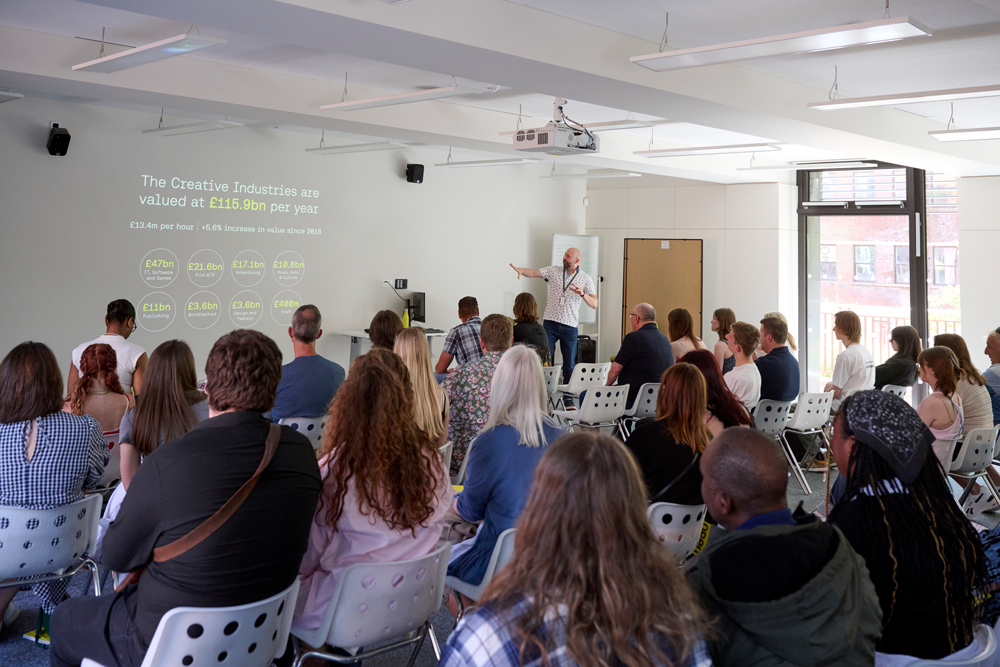
Latest news
-
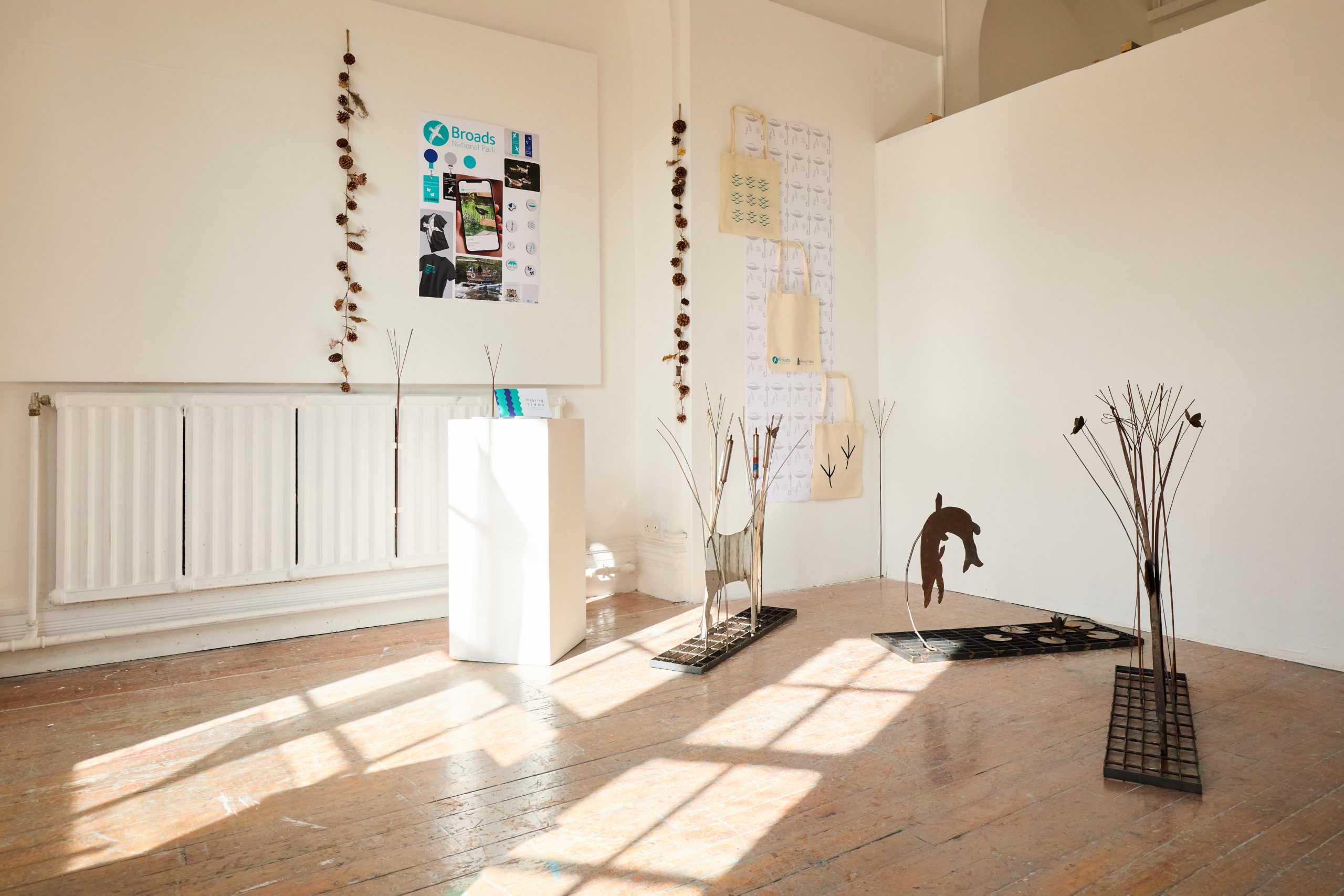 MA Communication Design •
MA Communication Design •Norwich announces Sustainability Award winners at Postgrad Festival 2025
Norwich University of the Arts' Sustainability Awards celebrate students’ commitment to sustainable and ethical practice. -
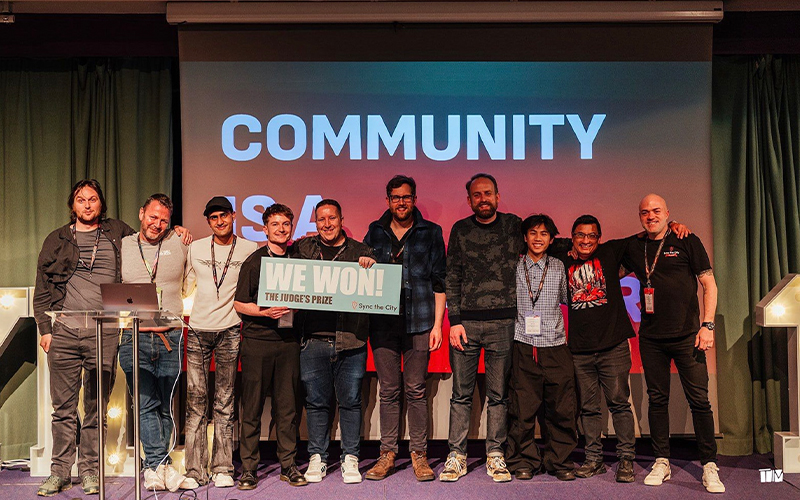 BA Games Art and Design •
BA Games Art and Design •Norwich University of the Arts Students Shine at Sync The City 2024
Norwich University of the Arts students had another successful year at Sync The City 2024 -
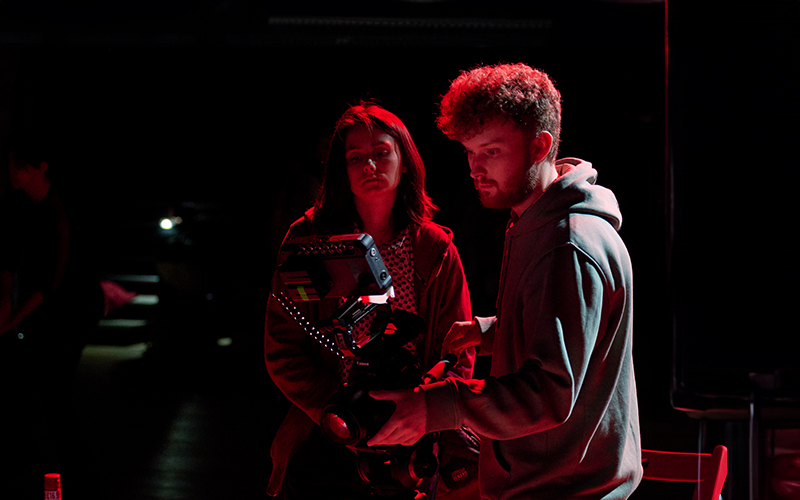 MA Communication Design •
MA Communication Design •What's the difference between undergraduate and postgraduate study?
We explore how postgraduate study could unlock your creative potential and future prospects. -
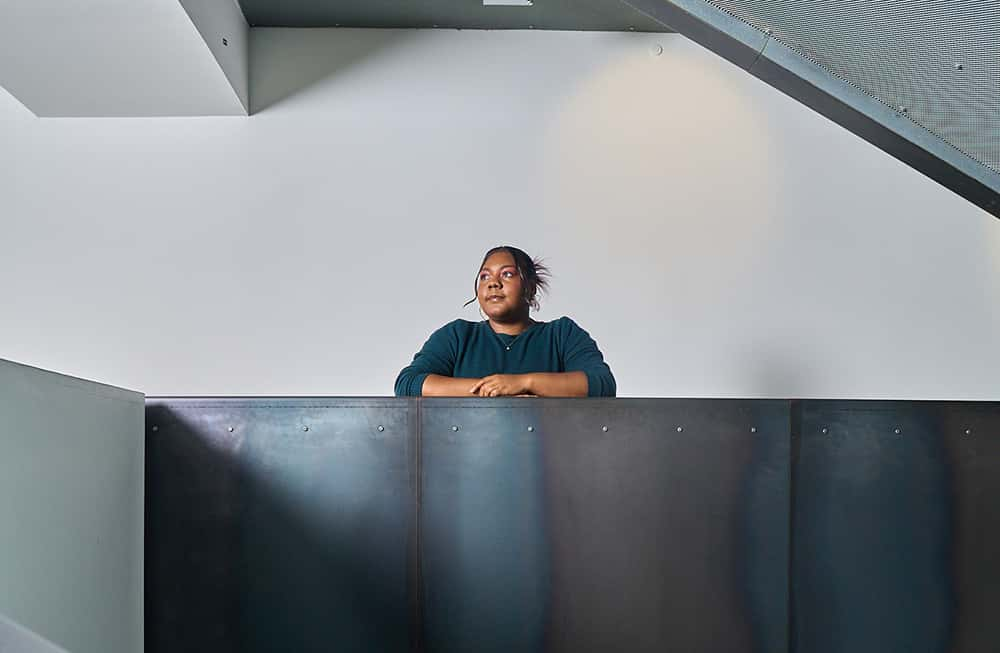 MA Communication Design •
MA Communication Design •In conversation with: Nicole Agba, MA Communication Design
We talk to Nicole about how she is utilising her master’s to bridge into a new role within design. -
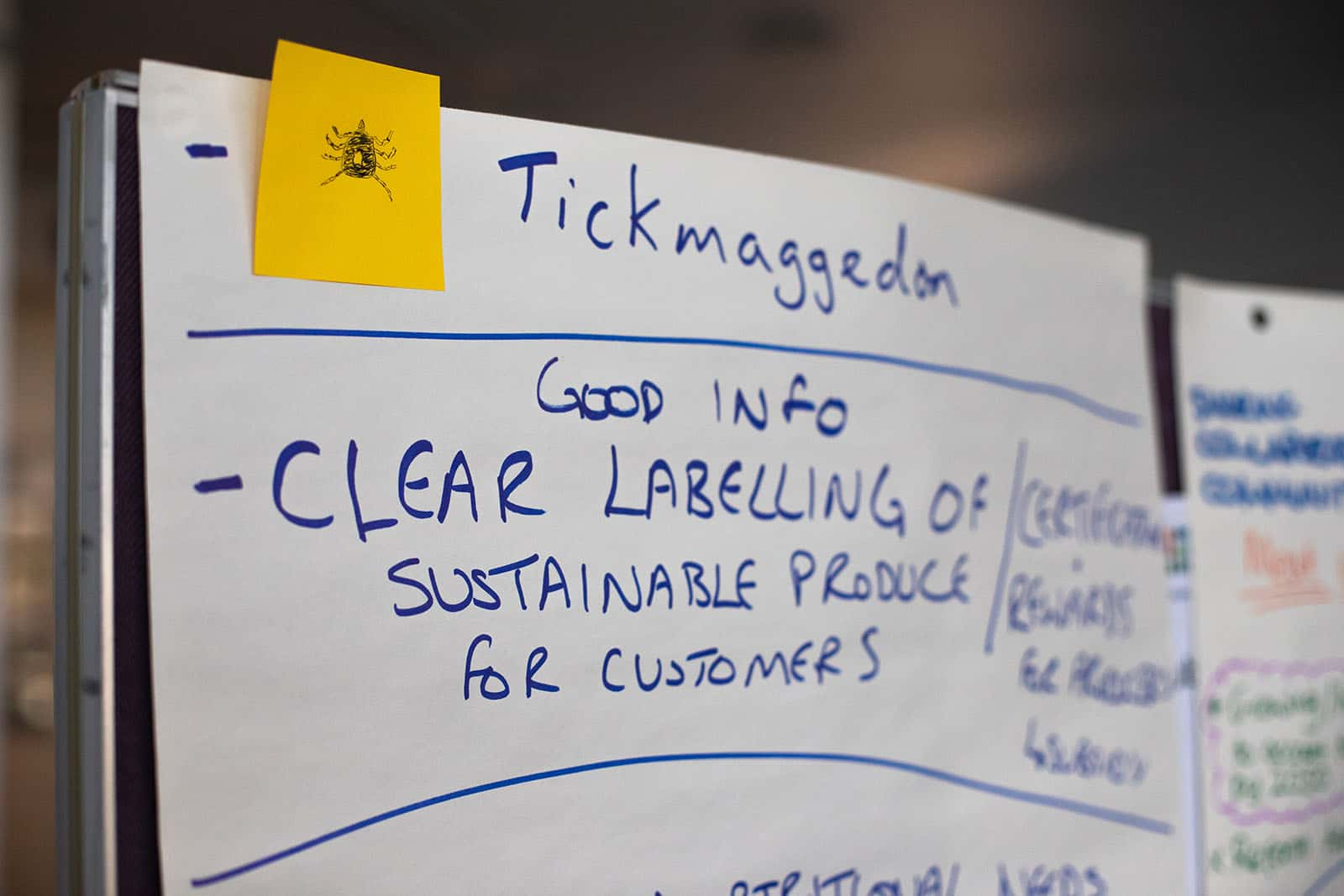 MA Communication Design •
MA Communication Design •Norwich Research Park hosts MA students for creative sprint on the future of sustainable farming
MA students worked as creative thinking consultants at the Nuffield Farming International Conference -
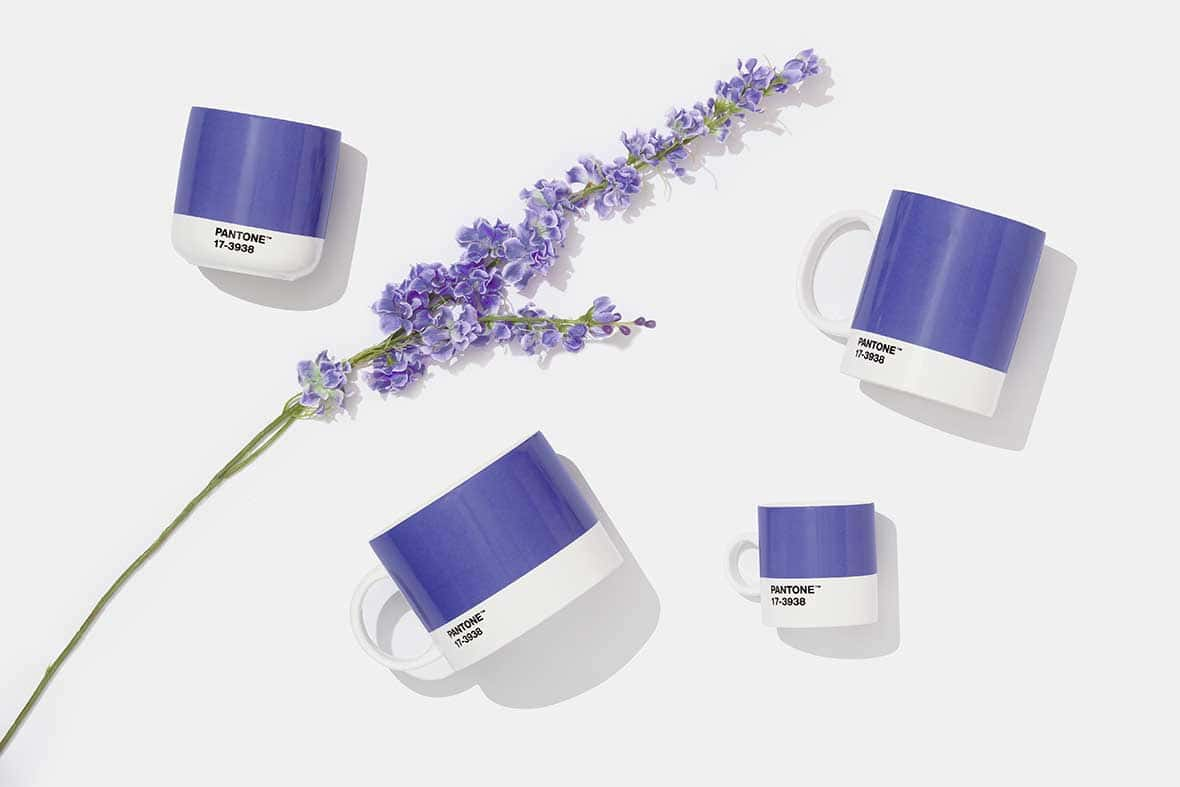 BA Design for Publishing •
BA Design for Publishing •Very Peri – Pantone Colour of the Year 2022
Feature walls, Cadburys and now Very Peri. Martin Schooley talks about the 2022 choice.
Related courses
Discover our courses and take the first step towards unleashing your potential
-
Visit the Design for Publishing BA (Hons) course page
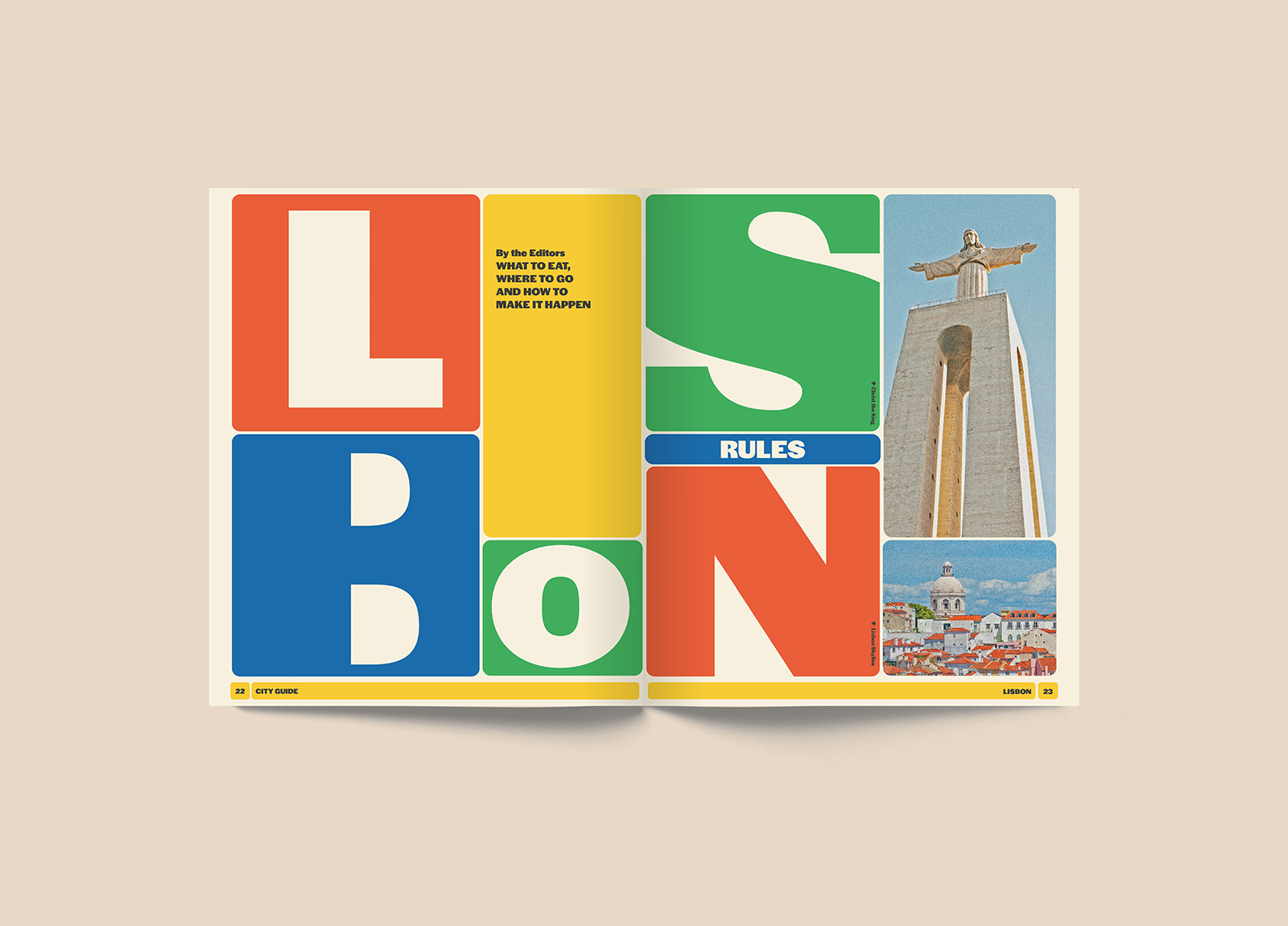
- Filter courses by study level: Undergraduate
- Filter courses by duration: Full time
- Filter courses by start month: September
- Filter courses by subject: Design for Publishing
Design for Publishing BA (Hons)
Explore how words and images can come to life on the page and screen to tell stories and deliver information.
-
Visit the Graphic Communication BA (Hons) course page
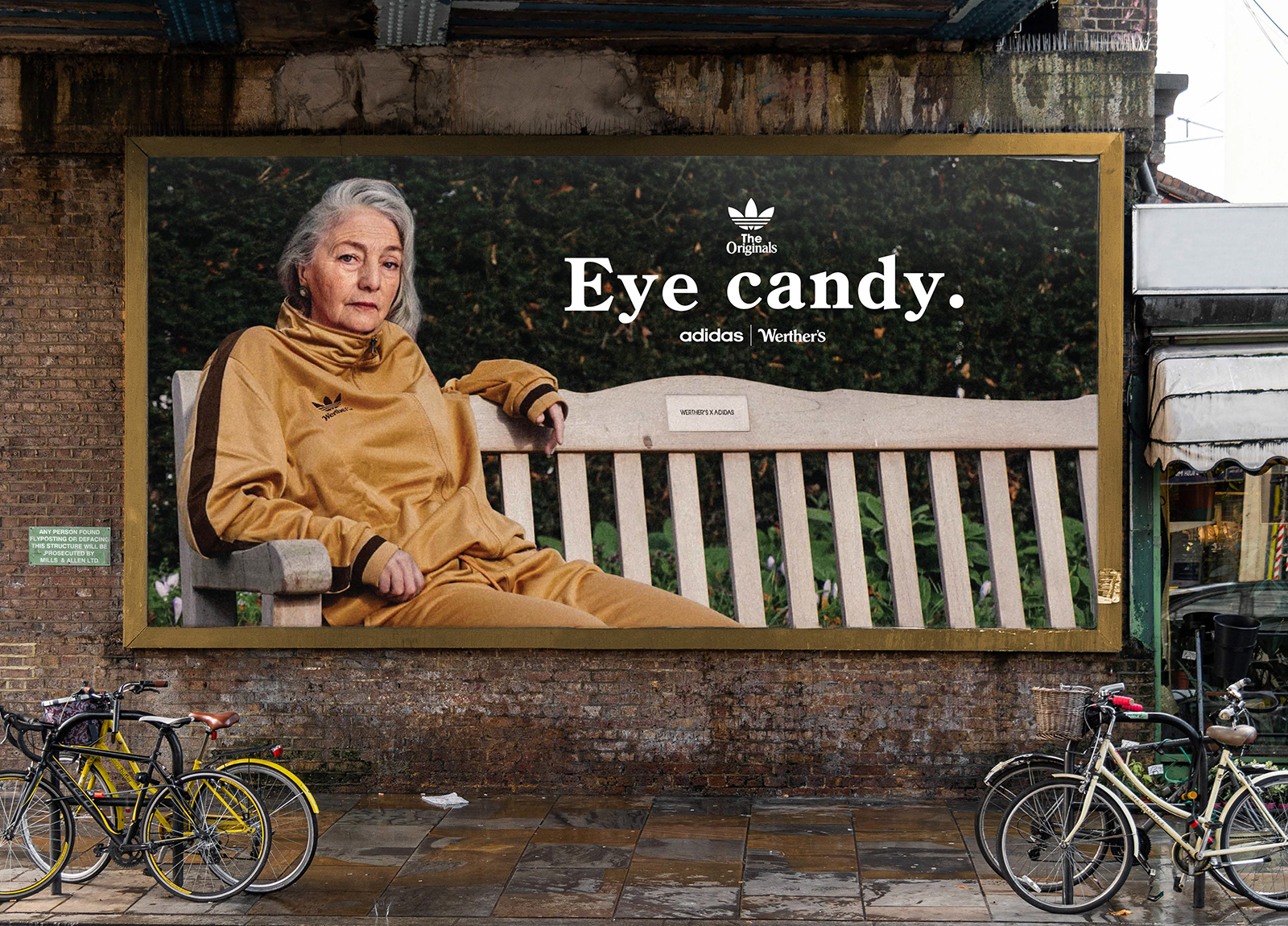
- Filter courses by study level: Undergraduate
- Filter courses by duration: Full time
- Filter courses by start month: September
- Filter courses by subject: Graphic Communication
Graphic Communication BA (Hons)
Ignite your passion for exploring visual ideas and brand communication from real-world problems to commercial briefs, across print and digital.
-
Visit the Graphic Design BA (Hons) course page
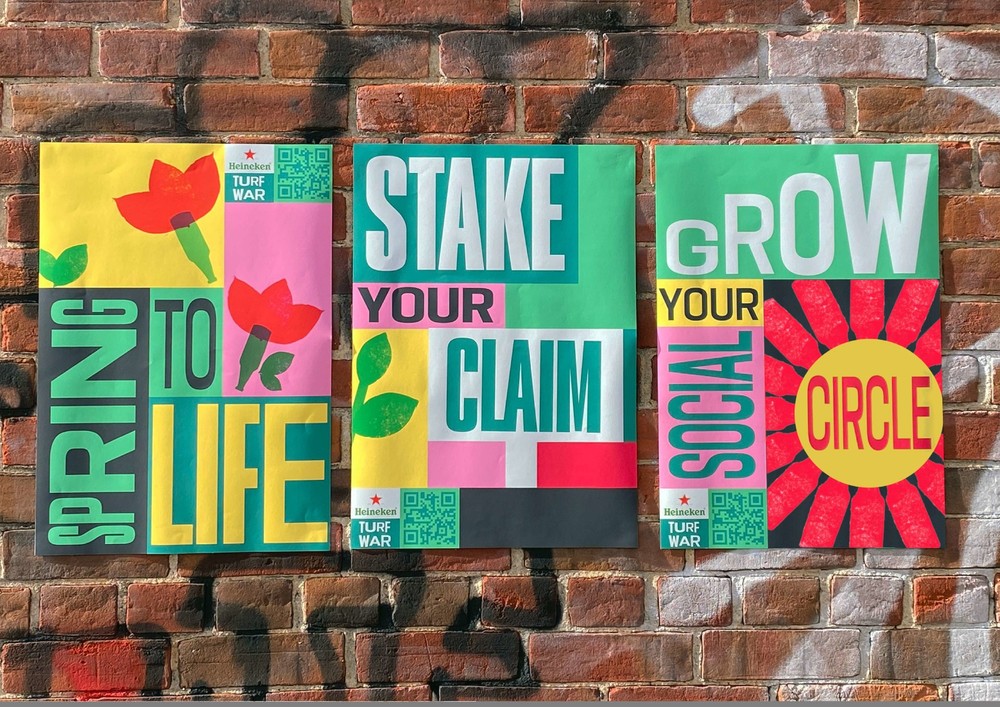
- Filter courses by study level: Undergraduate
- Filter courses by duration: Full time
- Filter courses by start month: September
- Filter courses by subject: Graphic Design
Graphic Design BA (Hons)
Be inspired to apply innovative and creative solutions to branding, packaging, and promotional design for commercial markets.
-
Visit the Illustration BA (Hons) course page

- Filter courses by study level: Undergraduate
- Filter courses by duration: Full time
- Filter courses by start month: September
- Filter courses by subject: Illustration
Illustration BA (Hons)
Experiment with different illustration mediums and tools as you build your creative identity and professional skills.
-
